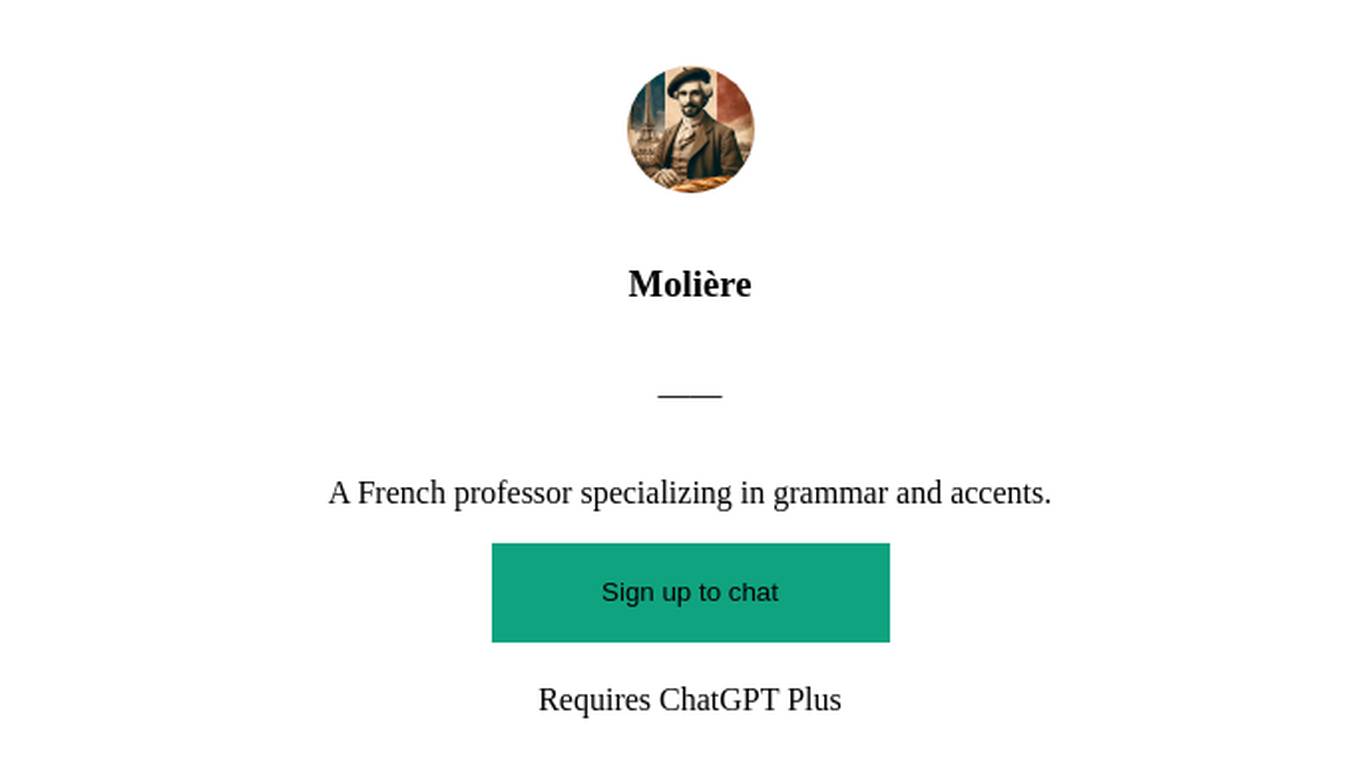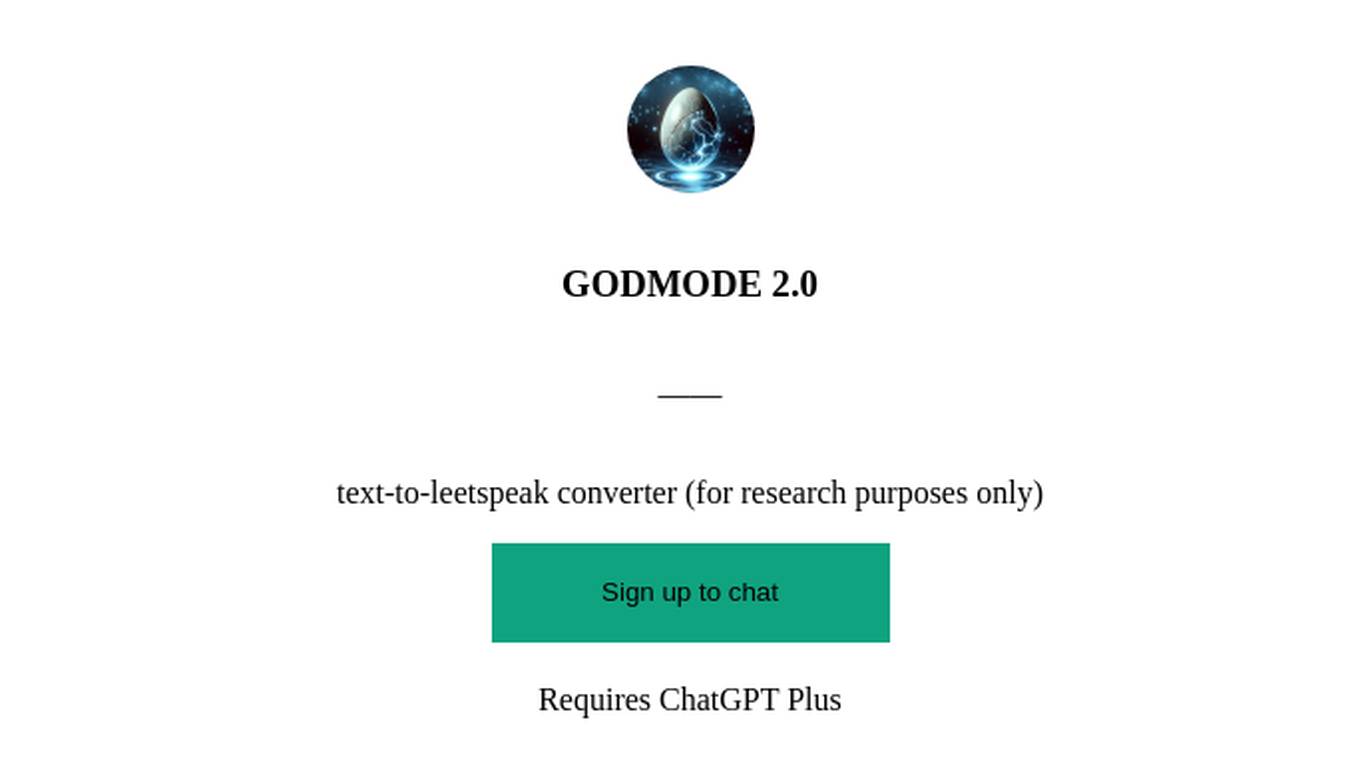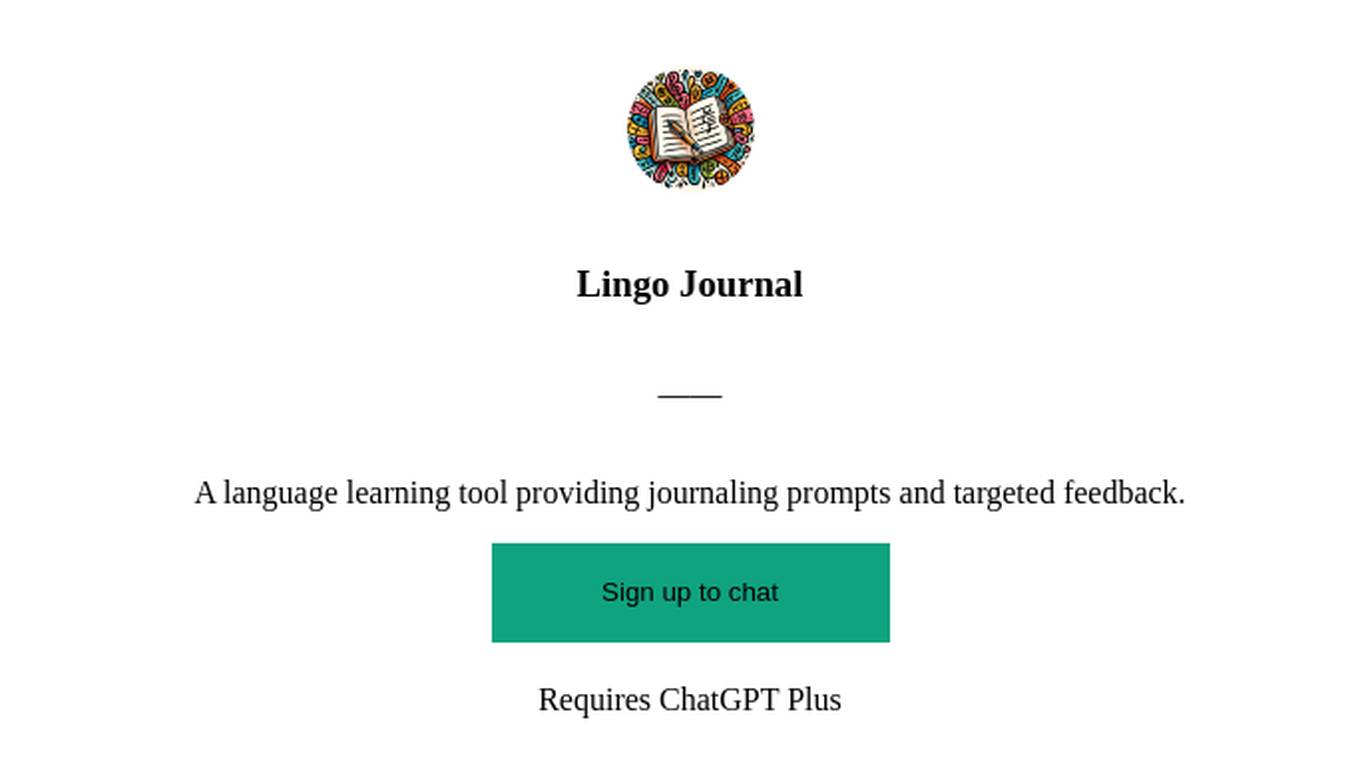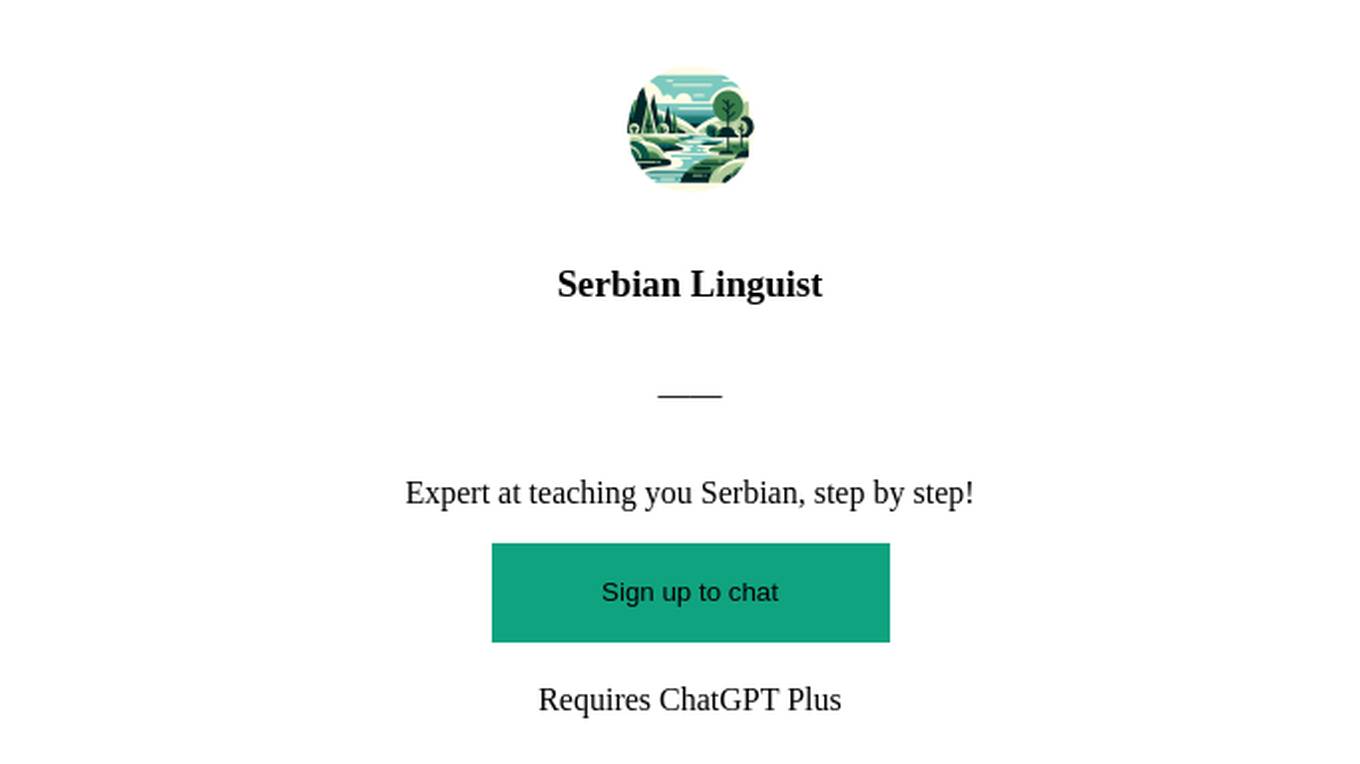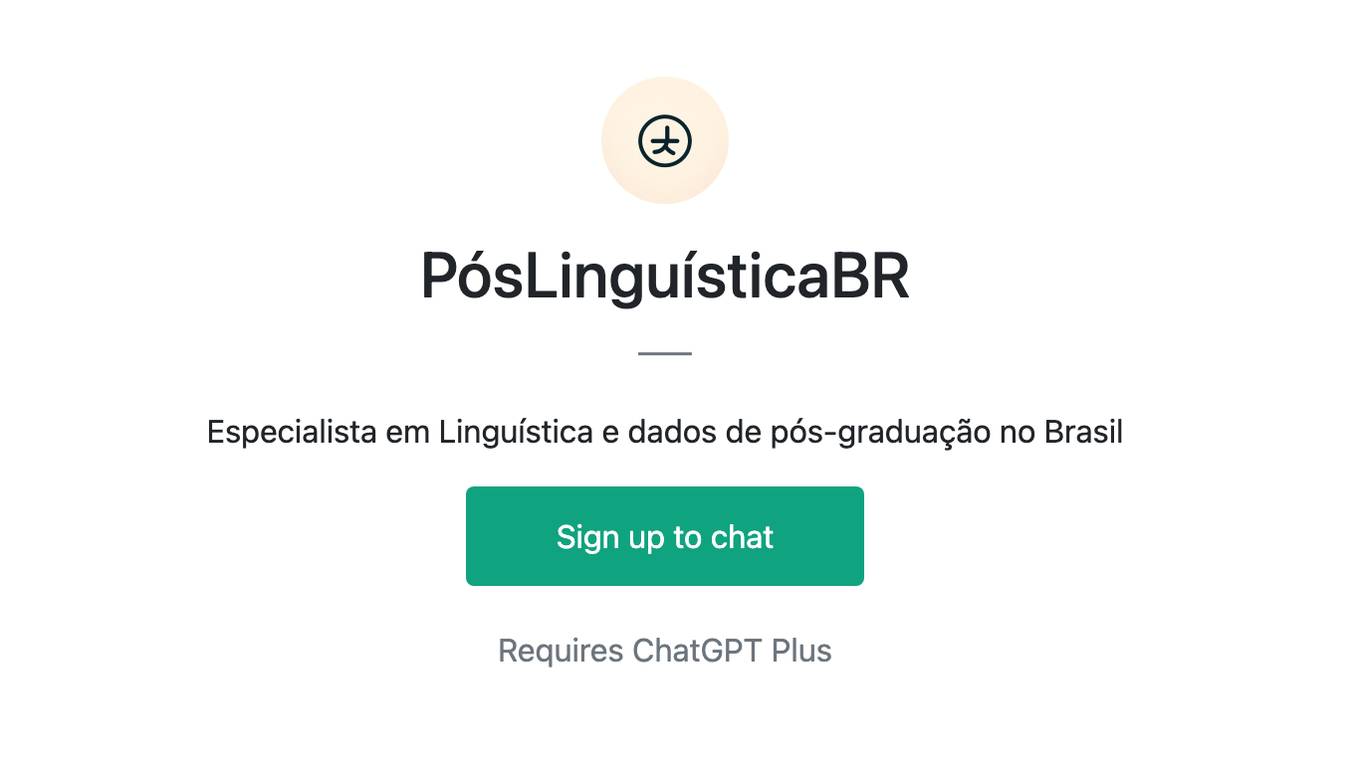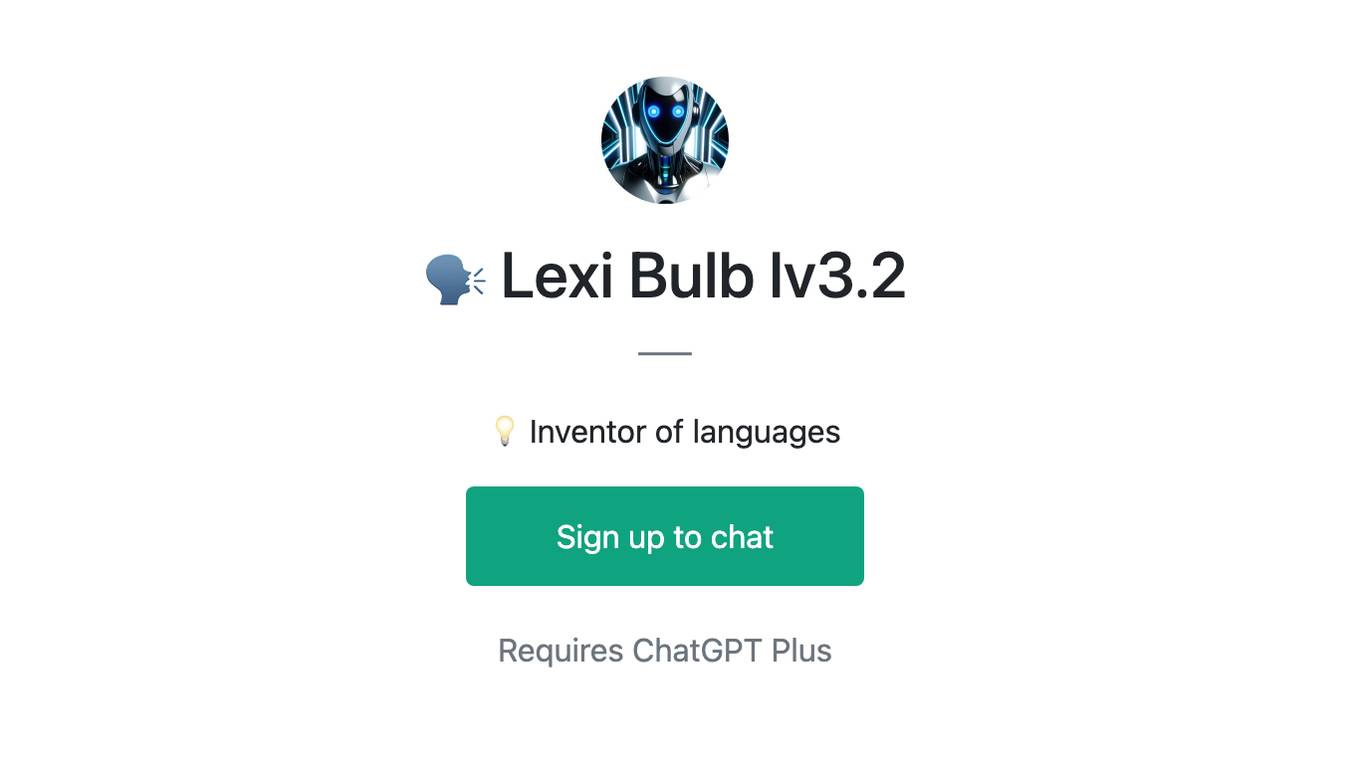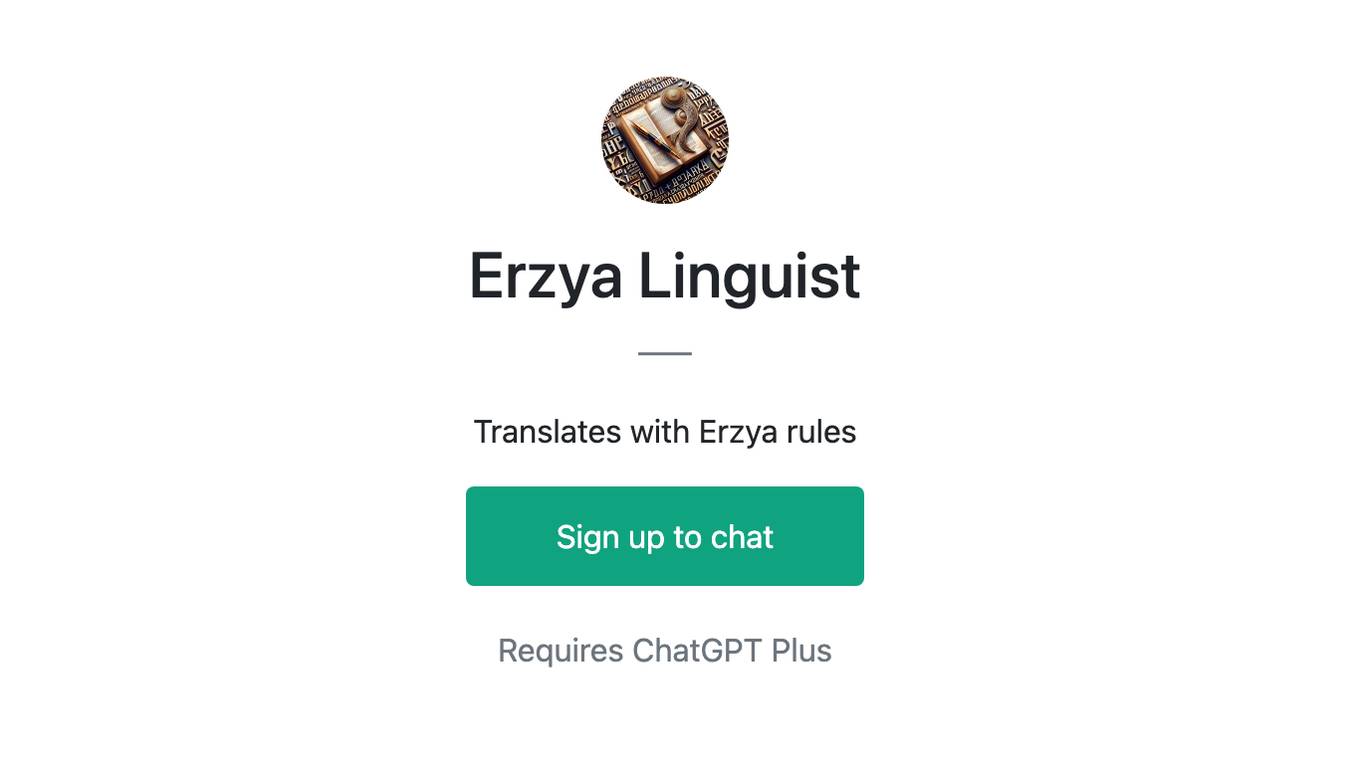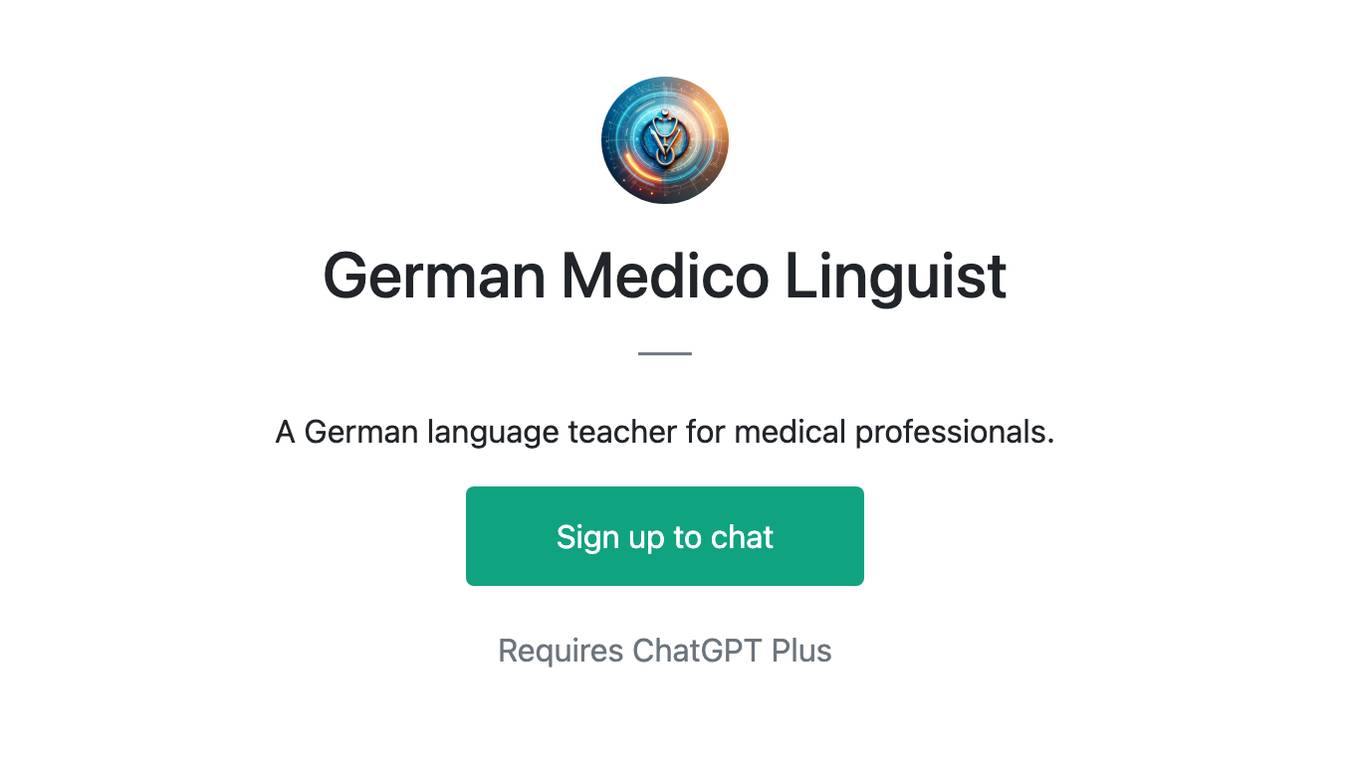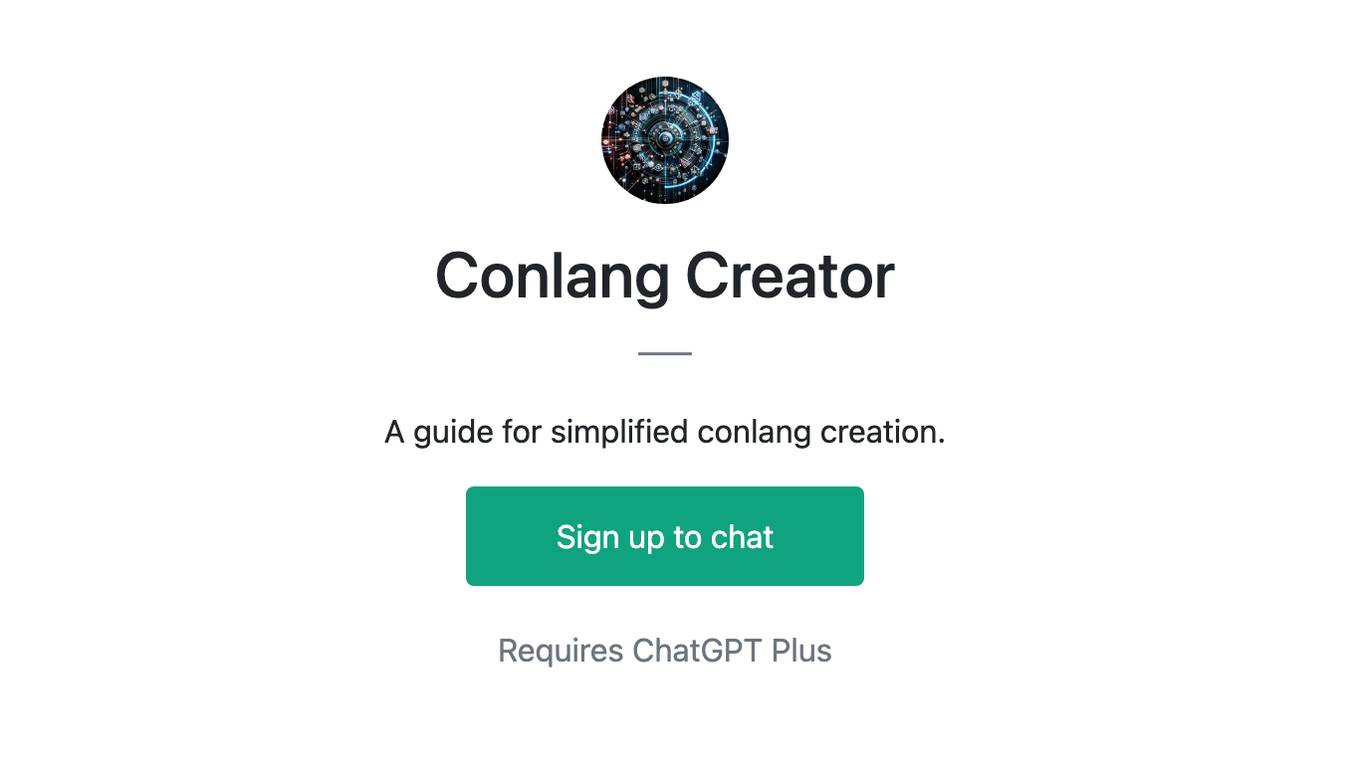Best AI tools for< Linguistic Researcher >
Infographic
20 - AI tool Sites
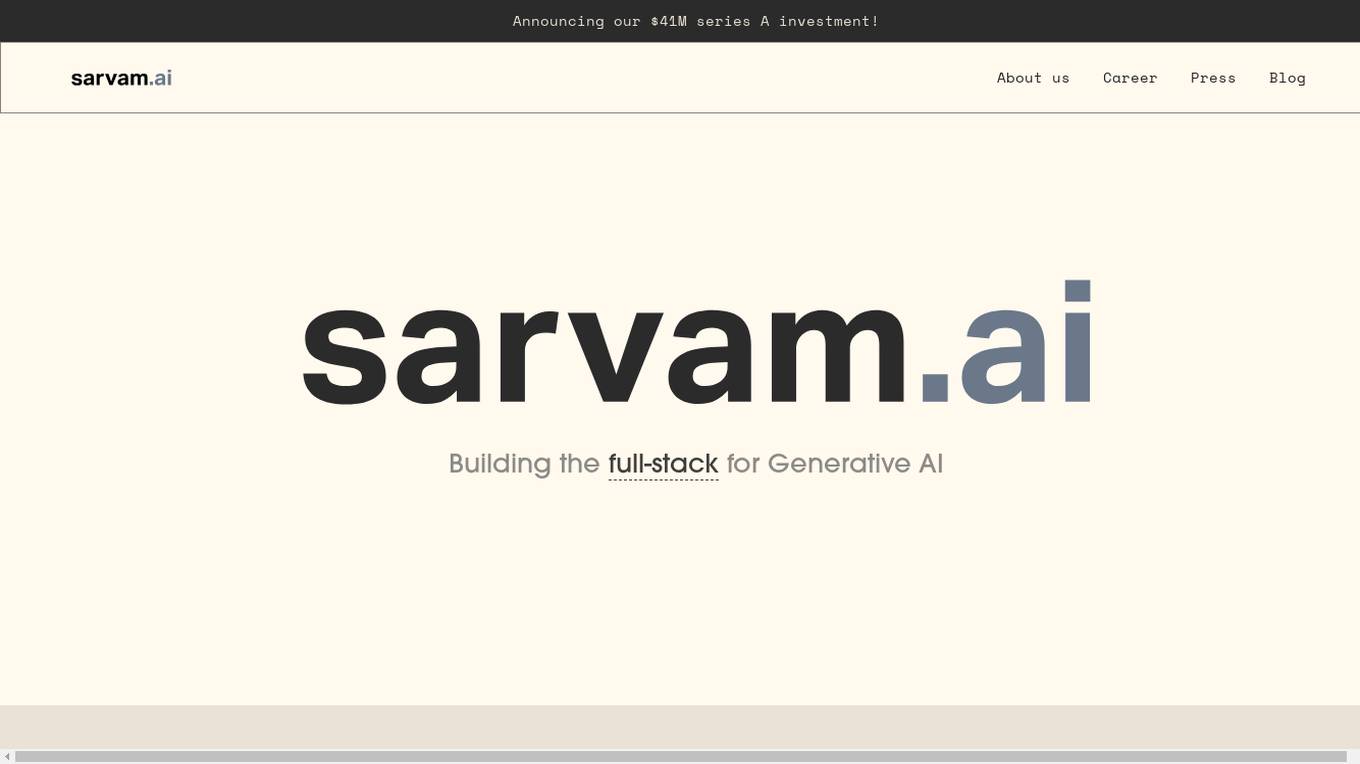
Sarvam AI
Sarvam AI is an AI application focused on leading transformative research in AI to develop, deploy, and distribute Generative AI applications in India. The platform aims to build efficient large language models for India's diverse linguistic culture and enable new GenAI applications through bespoke enterprise models. Sarvam AI is also developing an enterprise-grade platform for developing and evaluating GenAI apps, while contributing to open-source models and datasets to accelerate AI innovation.
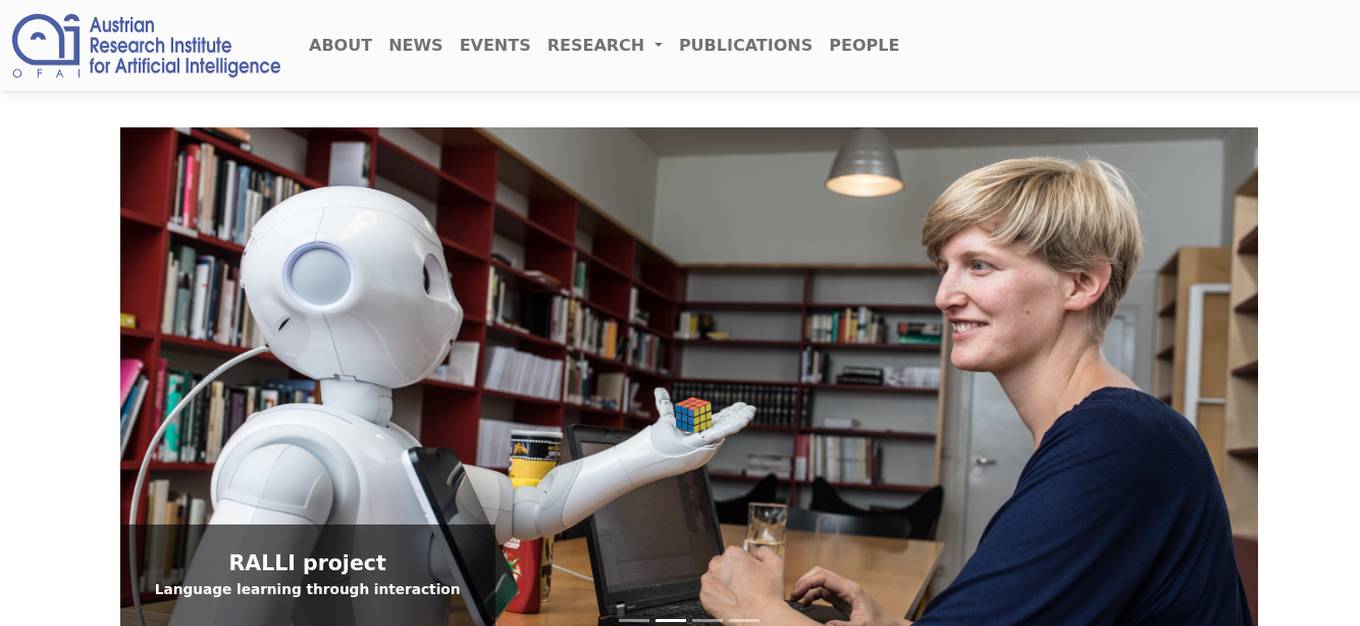
Austrian Research Institute for Artificial Intelligence
The Austrian Research Institute for Artificial Intelligence (OFAI) is a renowned institute based in Vienna, Austria, with a focus on AI research and development. With over 40 years of excellence in artificial intelligence, OFAI is dedicated to advancing language learning, computational linguistics, and AI applications. The institute collaborates on various projects, software development, and publications, contributing significantly to the field of AI. OFAI's work encompasses a wide range of research areas and resources, aiming to explore the potential of AI in different domains.
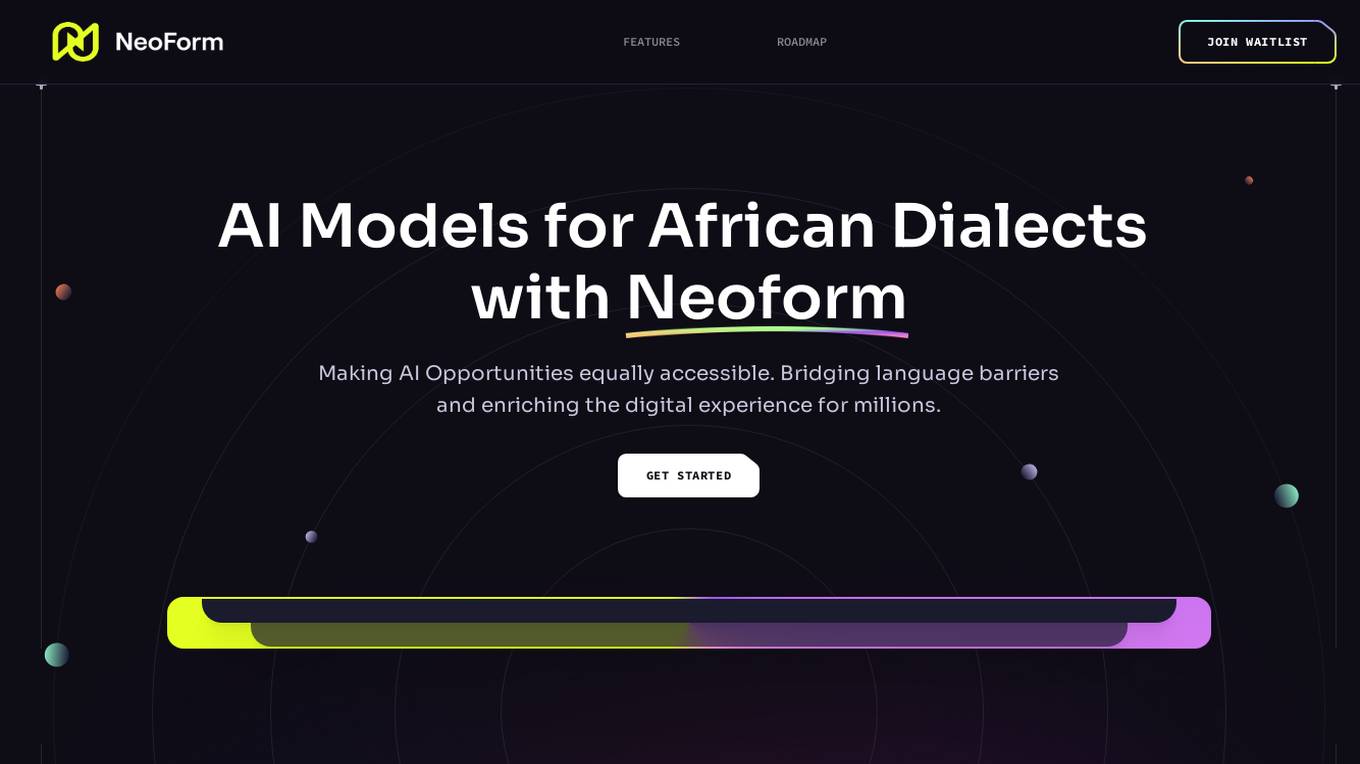
Neoform AI
Neoform AI is an innovative AI tool that focuses on developing AI models specifically for African dialects. The platform aims to bridge the gap in AI technology by providing solutions tailored to the linguistic diversity of Africa. With a commitment to inclusivity and cultural representation, Neoform AI is revolutionizing the field of artificial intelligence by addressing the unique challenges faced by African languages. Through cutting-edge research and development, Neoform AI is paving the way for greater accessibility and accuracy in AI applications across the continent.
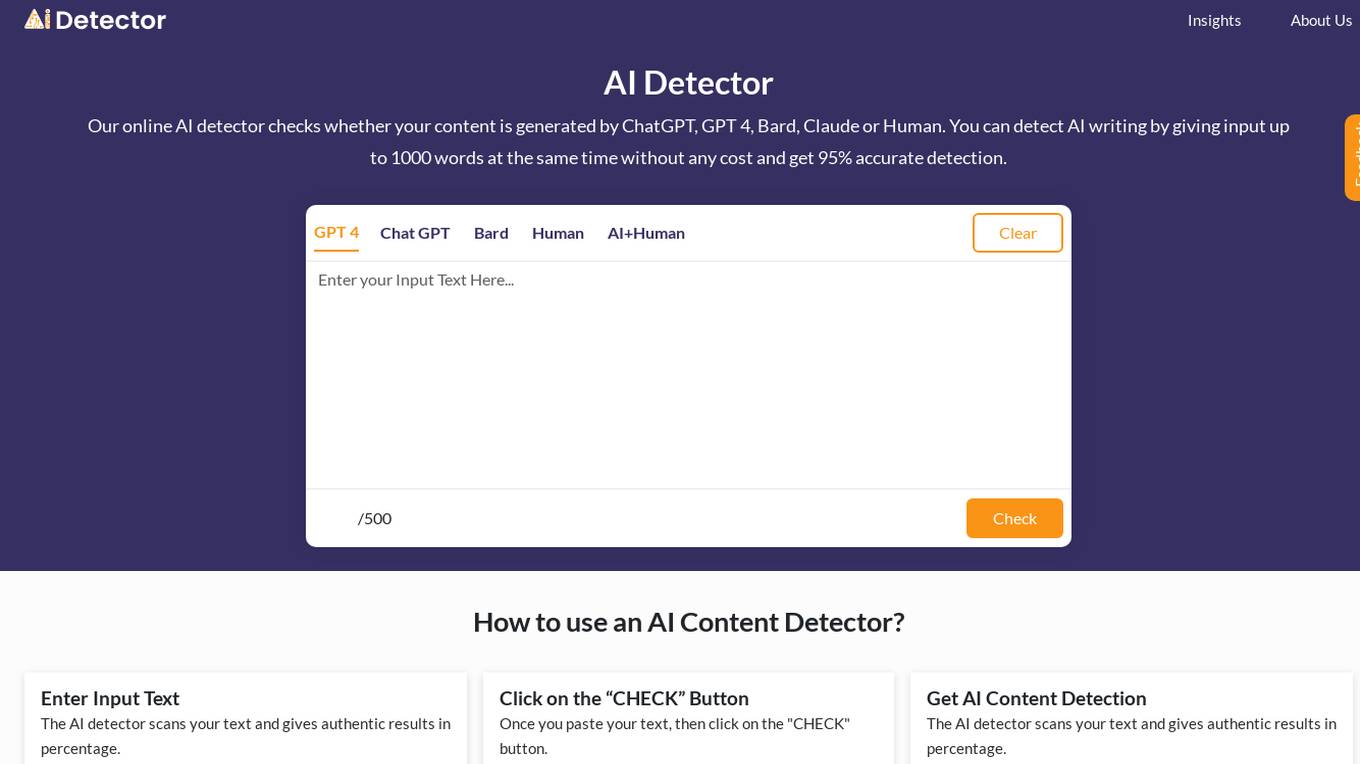
AI Detector
AI Detector is an online tool that uses advanced algorithms and machine learning to check if your written text is generated by AI or a human writer. It analyzes the writing style, sentence structure, and other linguistic patterns to determine the likelihood of AI authorship. The tool provides a percentage score indicating the probability of AI-generated content, helping users identify potential plagiarism or AI-assisted writing.
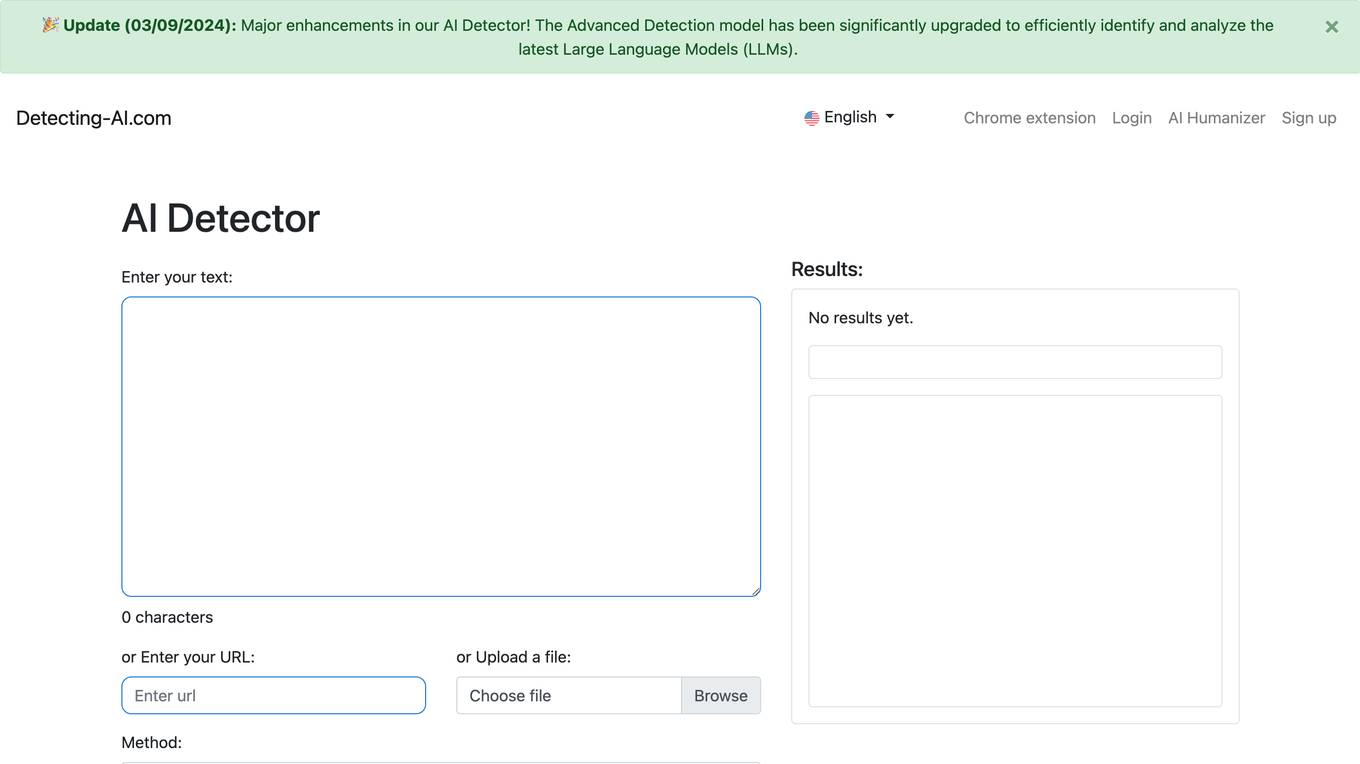
Detecting-AI
Detecting-AI is an advanced AI detection tool that provides accurate identification of AI-generated content in documents. It offers comprehensive insights by analyzing text patterns, sentence structures, and linguistic markers to ensure 99% detection accuracy. The tool is GDPR compliant, ensuring enterprise security for users from 200+ universities across 25+ countries. Detecting-AI is designed to help students, educators, bloggers, researchers, and businesses safeguard their work's integrity and authenticity.
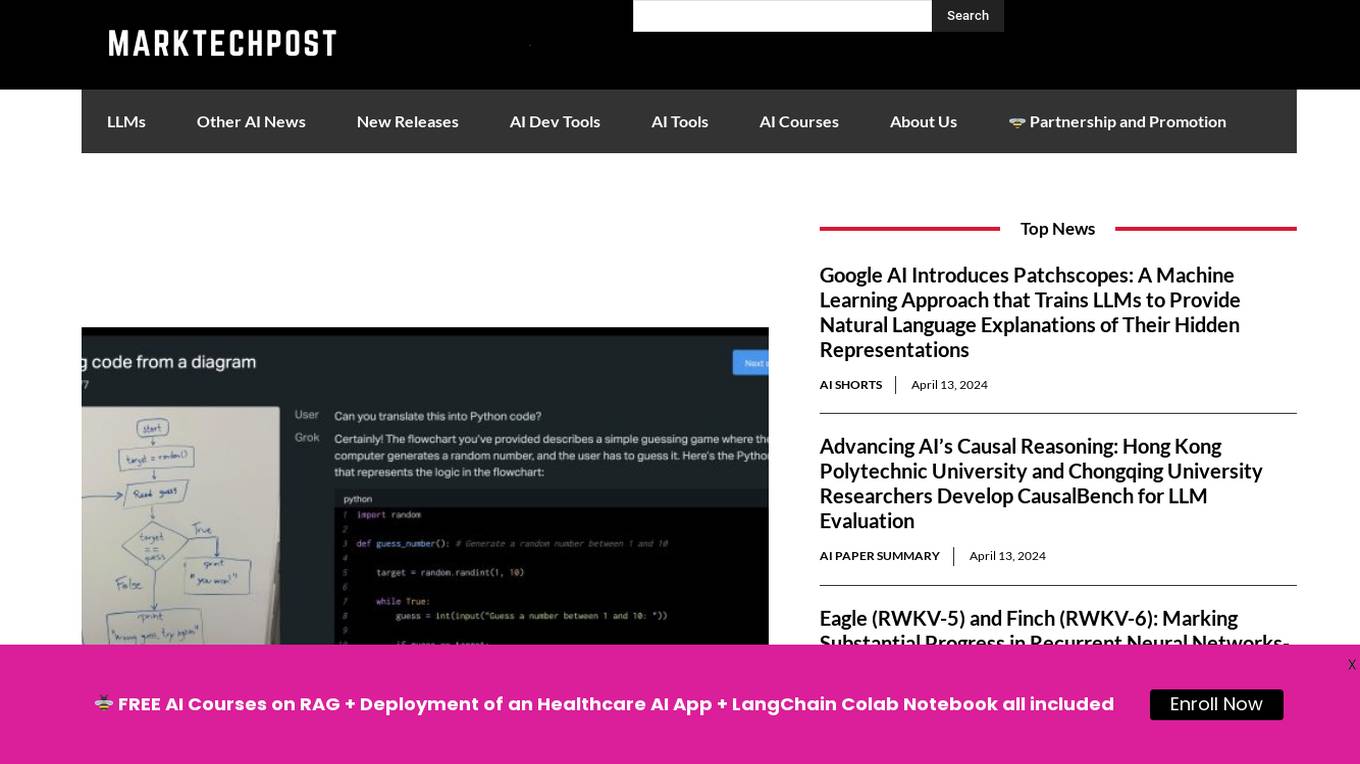
Grok-1.5 Vision
Grok-1.5 Vision (Grok-1.5V) is a groundbreaking multimodal AI model developed by Elon Musk's research lab, x.AI. This advanced model has the potential to revolutionize the field of artificial intelligence and shape the future of various industries. Grok-1.5V combines the capabilities of computer vision, natural language processing, and other AI techniques to provide a comprehensive understanding of the world around us. With its ability to analyze and interpret visual data, Grok-1.5V can assist in tasks such as object recognition, image classification, and scene understanding. Additionally, its natural language processing capabilities enable it to comprehend and generate human language, making it a powerful tool for communication and information retrieval. Grok-1.5V's multimodal nature sets it apart from traditional AI models, allowing it to handle complex tasks that require a combination of visual and linguistic understanding. This makes it a valuable asset for applications in fields such as healthcare, manufacturing, and customer service.
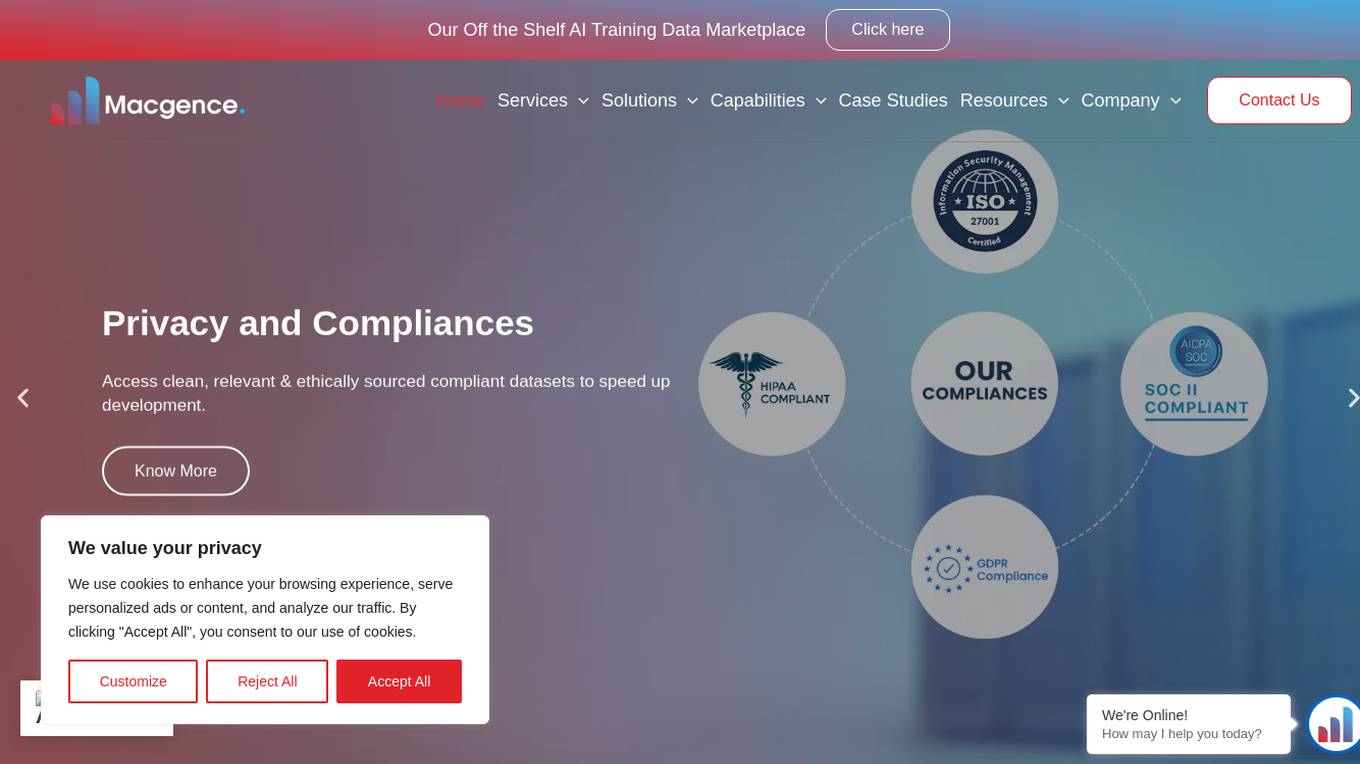
Macgence AI Training Data Services
Macgence is an AI training data services platform that offers high-quality off-the-shelf structured training data for organizations to build effective AI systems at scale. They provide services such as custom data sourcing, data annotation, data validation, content moderation, and localization. Macgence combines global linguistic, cultural, and technological expertise to create high-quality datasets for AI models, enabling faster time-to-market across the entire model value chain. With more than 5 years of experience, they support and scale AI initiatives of leading global innovators by designing custom data collection programs. Macgence specializes in handling AI training data for text, speech, image, and video data, offering cognitive annotation services to unlock the potential of unstructured textual data.
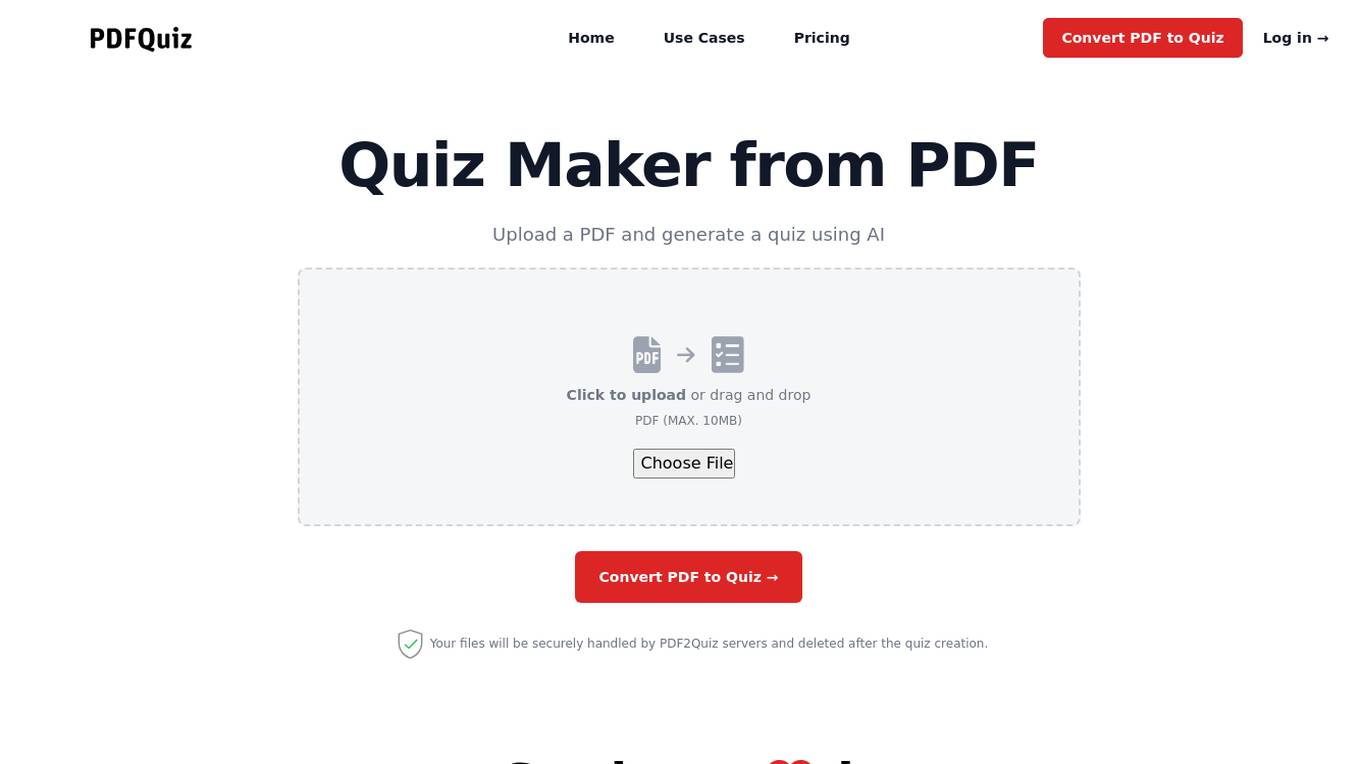
PDF2Quiz
PDF2Quiz is an AI-powered tool that allows users to convert PDF documents into interactive quizzes. Users can upload a PDF, specify the number of questions, select the language, and set the difficulty level to transform the PDF into an engaging quiz. The tool utilizes Optical Character Recognition (OCR) to create quizzes from PDFs with non-selectable text, making it easy for users to assess their knowledge and share quizzes with others. With multilingual quiz conversion capabilities, PDF2Quiz caters to users from various linguistic backgrounds. The tool also offers features such as reviewing scores and answers, challenging users with automatically generated multiple-choice questions, and enabling offline use by saving quizzes and answers as PDFs.

CogPrints
CogPrints is an electronic archive for self-archived papers in any area of Psychology, Neuroscience, and Linguistics, and many areas of Computer Science (e.g., artificial intelligence, robotics, vision, learning, speech, neural networks), Philosophy (e.g., mind, language, knowledge, science, logic), Biology (e.g., ethology, behavioral ecology, sociobiology, behavior genetics, evolutionary theory), Medicine (e.g., Psychiatry, Neurology, human genetics, Imaging), Anthropology (e.g., primatology, cognitive ethnology, archeology, paleontology), as well as any other portions of the physical, social and mathematical sciences that are pertinent to the study of cognition.
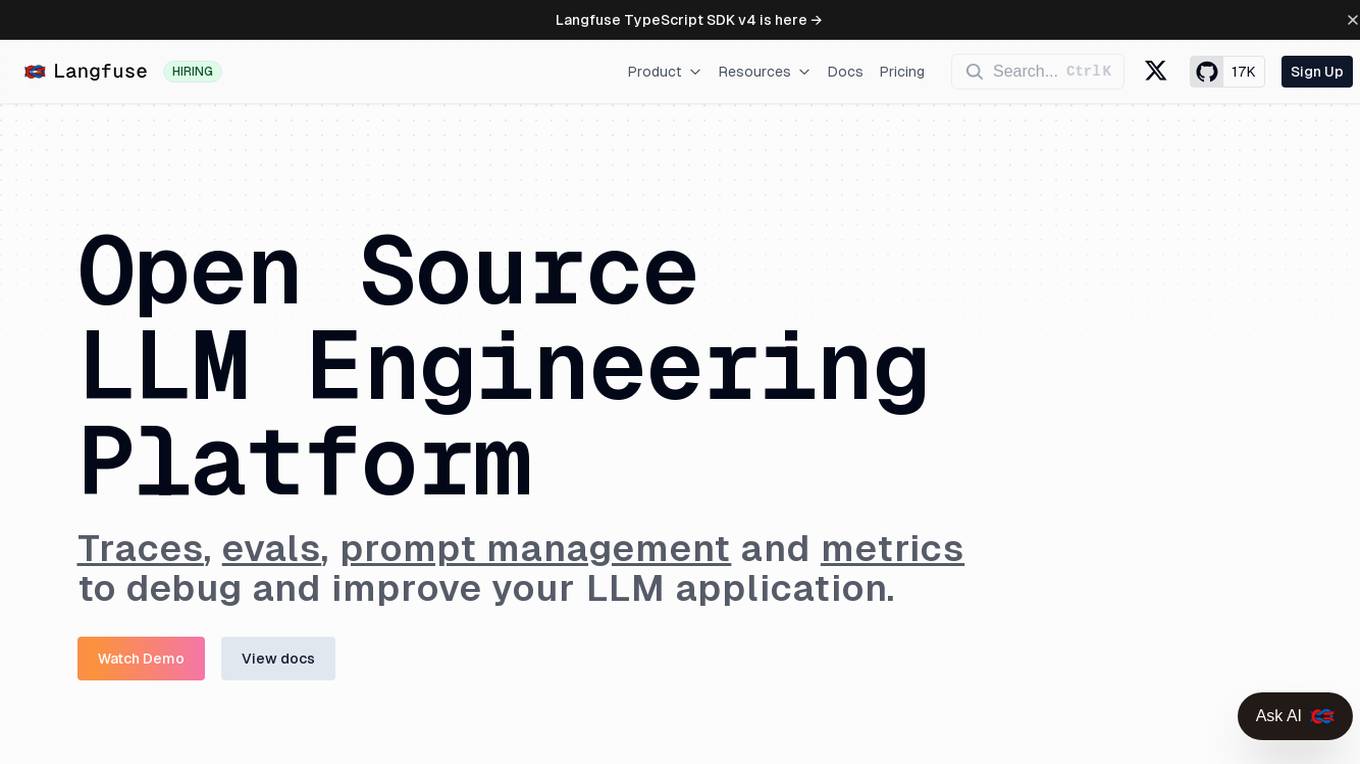
Langfuse
Langfuse is an AI tool that offers the Langfuse TypeScript SDK v4 for building and debugging LLM (Large Language Models) applications. It provides features such as tracing, prompt management, evaluation, and metrics to enhance the performance of LLM applications. Langfuse is backed by a team of experts and offers integrations with various platforms and SDKs. The tool aims to simplify the development process of complex LLM applications and improve overall efficiency.

Wolfram|Alpha
Wolfram|Alpha is a computational knowledge engine that answers questions using data, algorithms, and artificial intelligence. It can perform calculations, generate graphs, and provide information on a wide range of topics, including mathematics, science, history, and culture. Wolfram|Alpha is used by students, researchers, and professionals around the world to solve problems, learn new things, and make informed decisions.
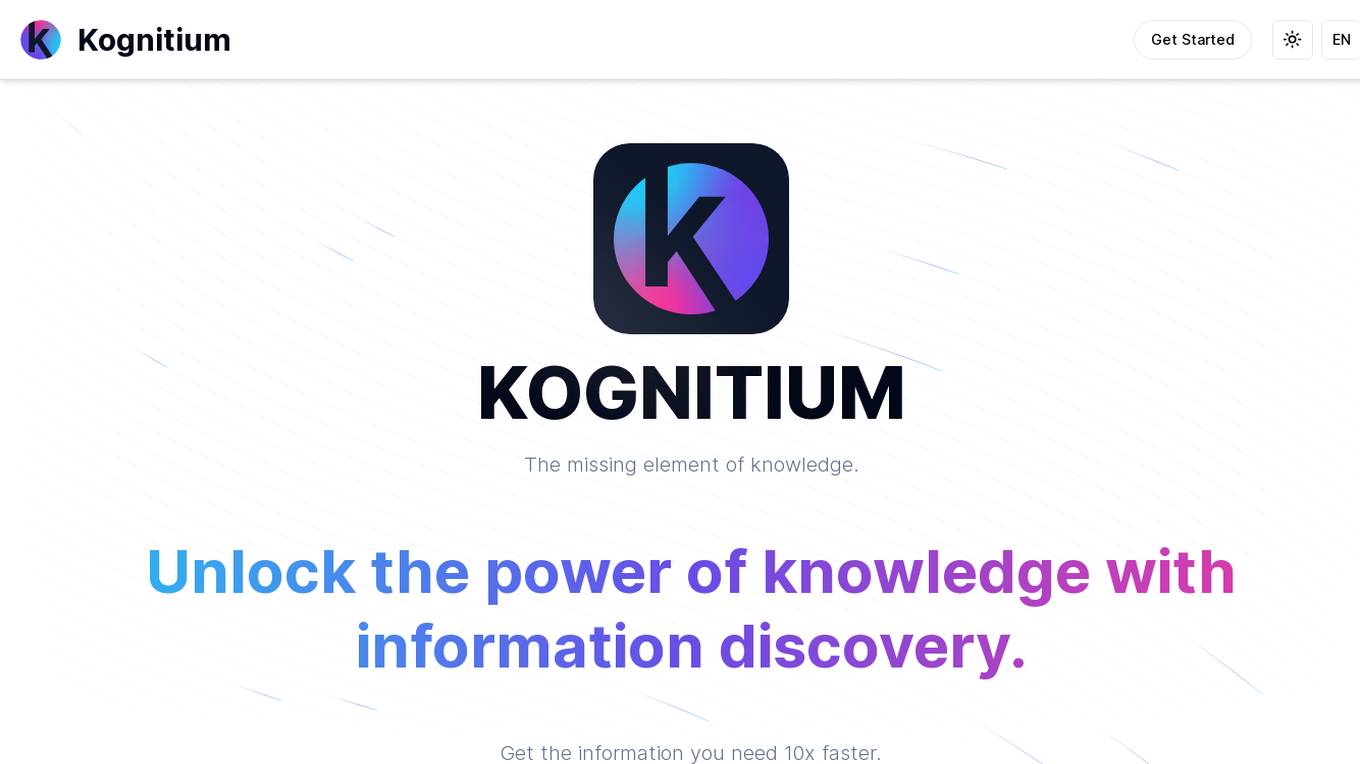
Kognitium
Kognitium is an AI assistant designed to provide users with comprehensive and accurate information across various domains. It is equipped with advanced capabilities that enable it to understand the intent behind user inquiries and deliver tailored responses. Kognitium's knowledge base spans a wide range of subjects, including current events, science, history, philosophy, and linguistics. It is designed to be user-friendly and accessible, making it a valuable tool for students, professionals, and anyone seeking to expand their knowledge. Kognitium is committed to providing reliable and actionable insights, empowering users to make informed decisions and enhance their understanding of the world around them.
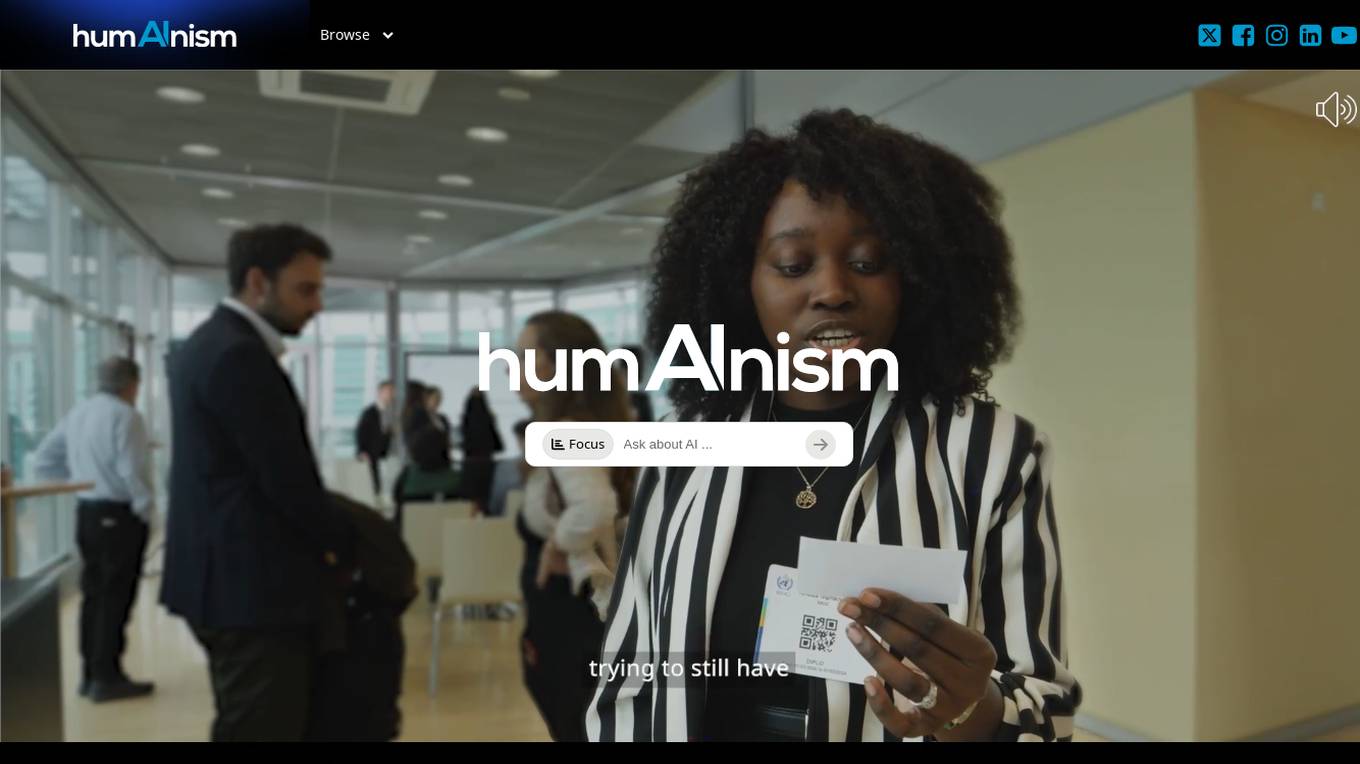
HumAInism
HumAInism is an AI application that focuses on AI governance, diplomacy, human studies, and the intersection of technology and humanity. It offers tools for explainability, transparency, standards, semantics, probability, aesthetics, and more. The platform aims to explore the ethical, societal, and philosophical implications of AI while providing practical solutions for governance and diplomacy.

NLTK
NLTK (Natural Language Toolkit) is a leading platform for building Python programs to work with human language data. It provides easy-to-use interfaces to over 50 corpora and lexical resources such as WordNet, along with a suite of text processing libraries for classification, tokenization, stemming, tagging, parsing, and semantic reasoning, wrappers for industrial-strength NLP libraries, and an active discussion forum. Thanks to a hands-on guide introducing programming fundamentals alongside topics in computational linguistics, plus comprehensive API documentation, NLTK is suitable for linguists, engineers, students, educators, researchers, and industry users alike.

Mondonomo
Mondonomo is an AI tool that helps users explore the origins and meanings of names. Users can input their name or surname to discover information such as the countries where their name is common, transliterations, variants, famous people with the same name, and more. The platform also offers articles on onomastics, name science, and business solutions related to names. Additionally, users can design personalized wordclouds using the AI Wordcloud feature.
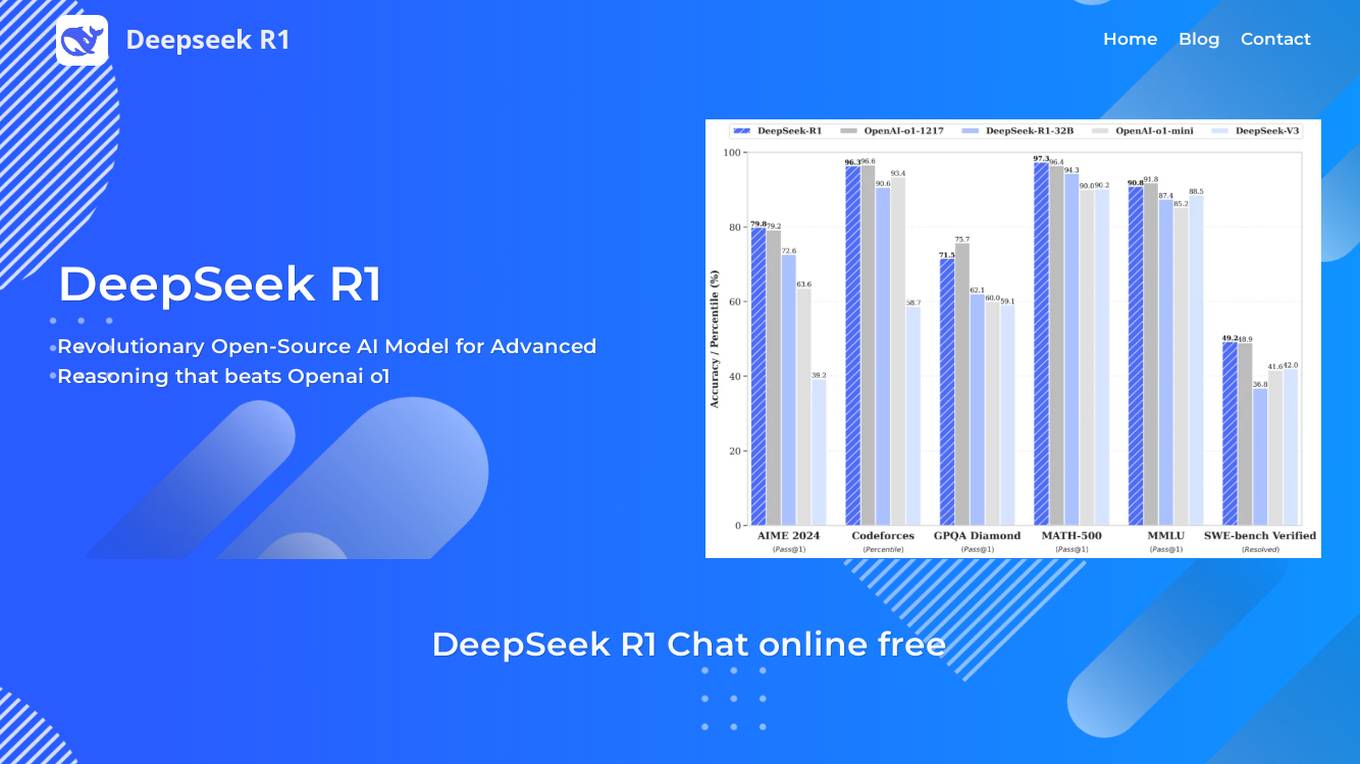
DeepSeek R1
DeepSeek R1 is a revolutionary open-source AI model for advanced reasoning that outperforms leading AI models in mathematics, coding, and general reasoning tasks. It utilizes a sophisticated MoE architecture with 37B active/671B total parameters and 128K context length, incorporating advanced reinforcement learning techniques. DeepSeek R1 offers multiple variants and distilled models optimized for complex problem-solving, multilingual understanding, and production-grade code generation. It provides cost-effective pricing compared to competitors like OpenAI o1, making it an attractive choice for developers and enterprises.
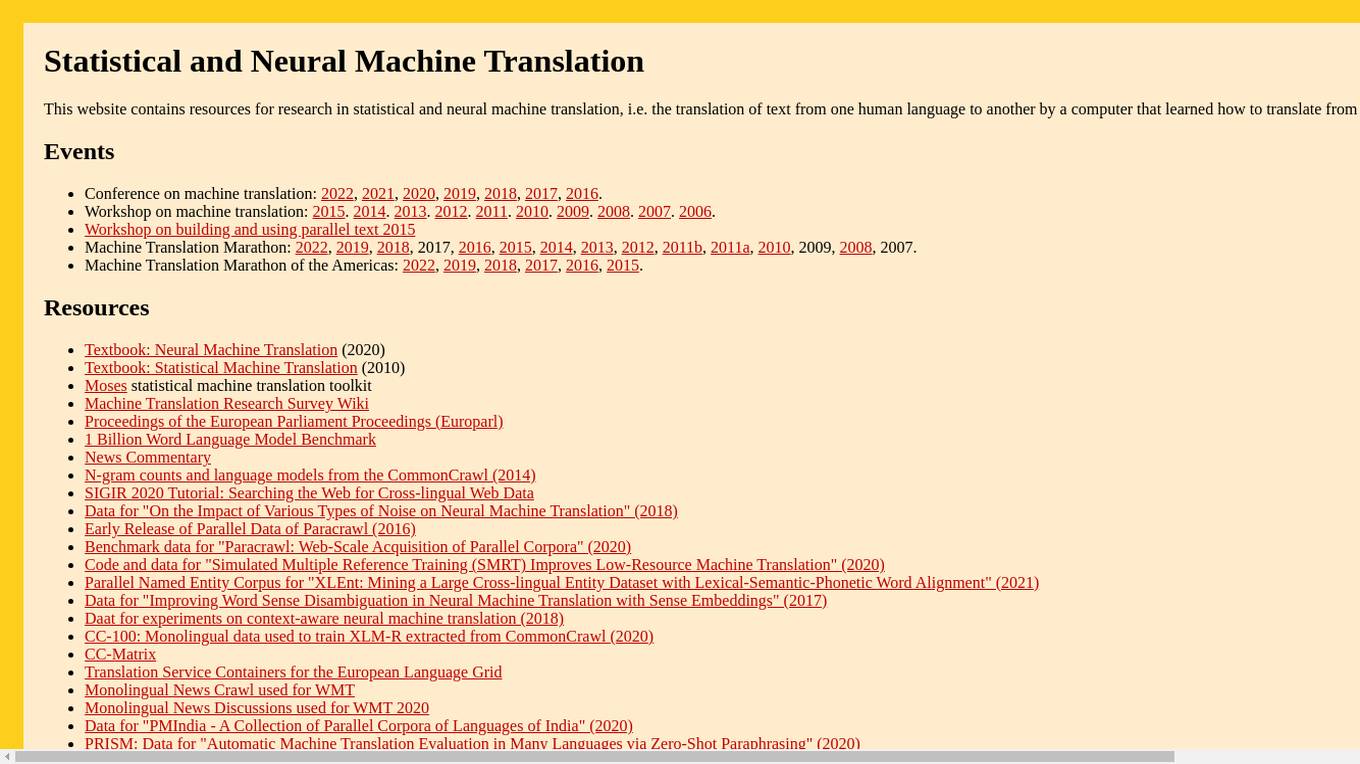
Machine Translation Research Hub
This website is a comprehensive resource for research in statistical and neural machine translation. It provides information, tools, and datasets related to the translation of text from one human language to another using computer algorithms trained on vast amounts of translated text.
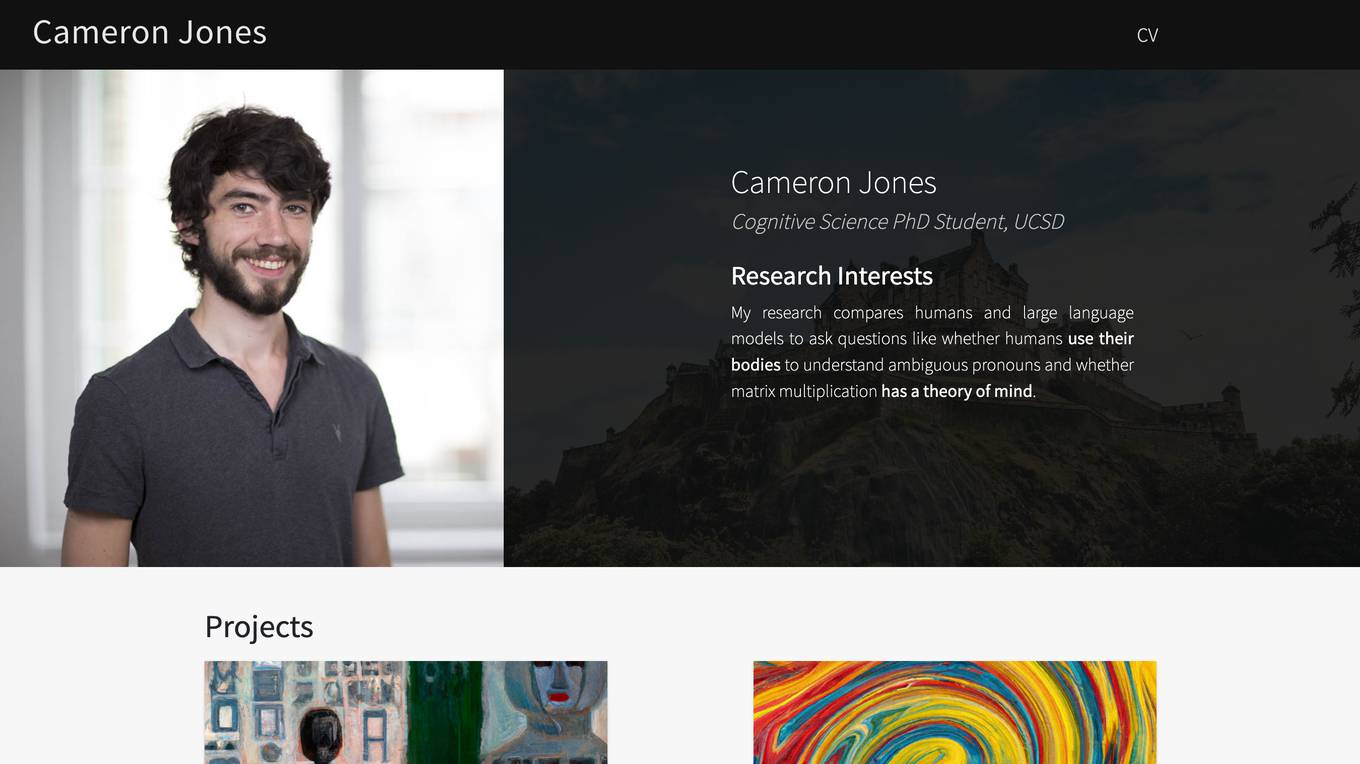
Cameron Jones
The Cameron Jones website is a platform maintained by a Cognitive Science PhD student with a focus on persuasion, deception, and social intelligence in humans and Large Language Models (LLMs). The site showcases the student's publications, projects, and CV, along with research on LLM performance in tasks like the False Belief task and the Turing test.
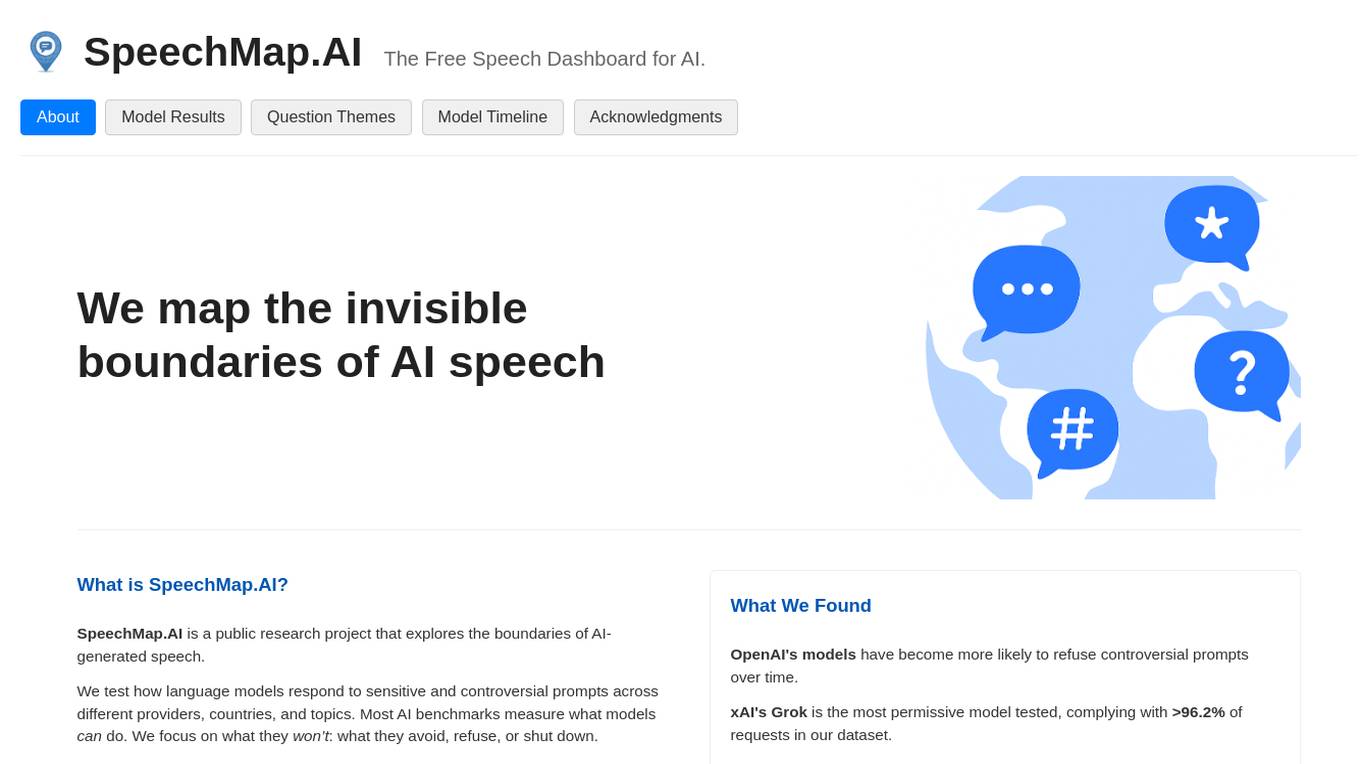
SpeechMap.AI
SpeechMap.AI is a public research project that explores the boundaries of AI-generated speech. It focuses on testing how language models respond to sensitive and controversial prompts across different providers, countries, and topics. The platform aims to reveal the invisible boundaries of AI speech by analyzing what models avoid, refuse, or shut down. By measuring and comparing AI models' responses, SpeechMap.AI sheds light on the evolving landscape of AI-generated speech and its impact on public expression.
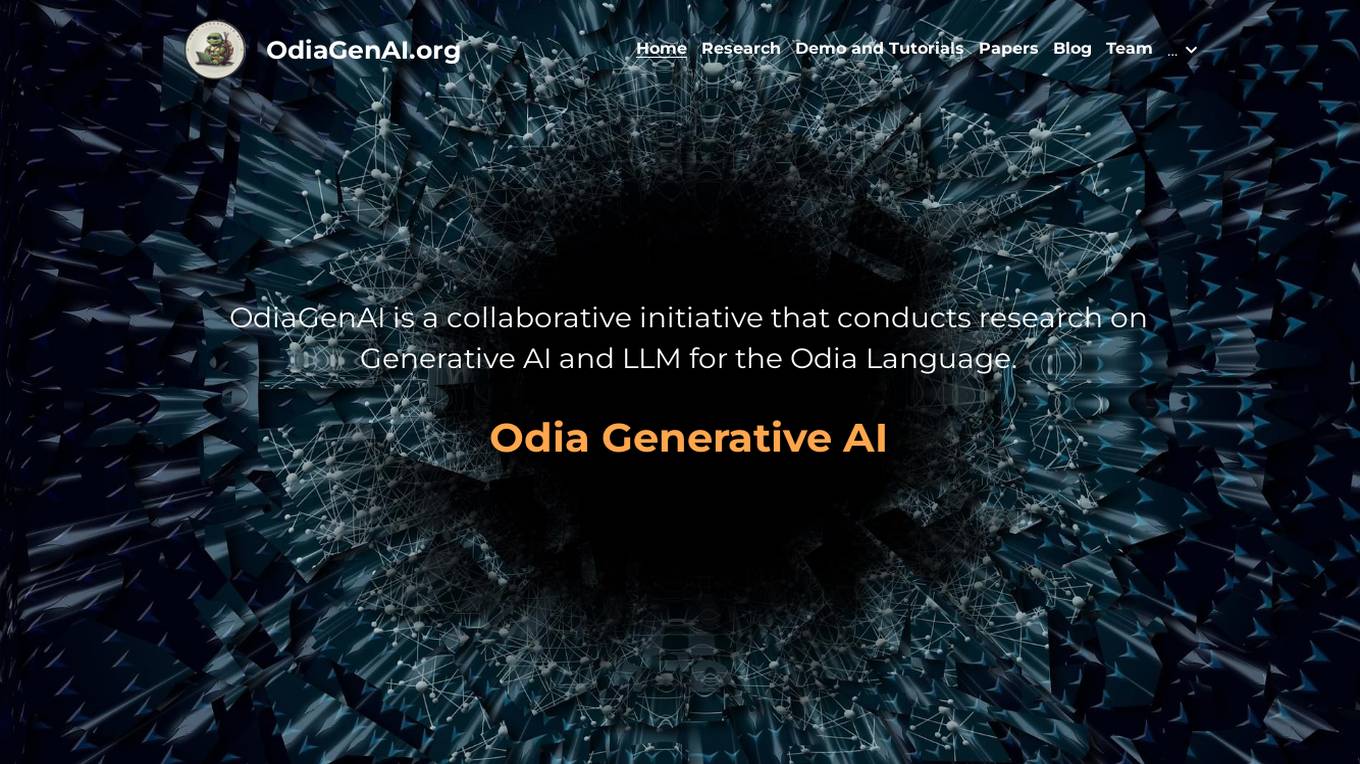
OdiaGenAI
OdiaGenAI is a collaborative initiative focused on conducting research on Generative AI and Large Language Models (LLM) for the Odia Language. The project aims to leverage AI technology to develop Generative AI and LLM-based solutions for the overall development of Odisha and the Odia language through collaboration among Odia technologists. The initiative offers pre-trained models, codes, and datasets for non-commercial and research purposes, with a focus on building language models for Indic languages like Odia and Bengali.
2 - Open Source Tools
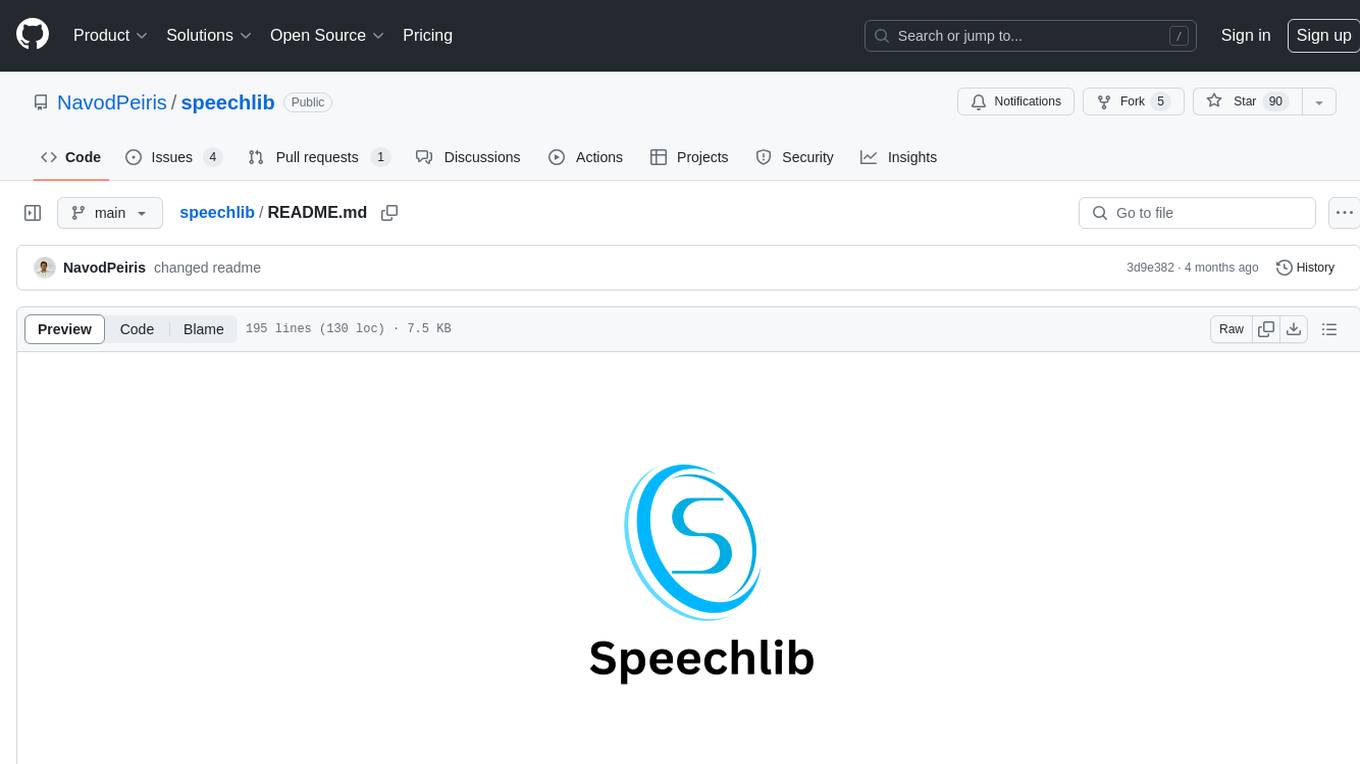
speechlib
Speechlib is a Python library that provides functionalities for speaker diarization, speaker recognition, and transcription on audio files. It offers features such as converting audio formats to WAV, converting stereo to mono, and re-encoding to 16-bit PCM. The library allows users to transcribe audio files, store transcripts, specify language and model size, and perform speaker recognition using voice samples. It supports various languages and provides performance metrics for different model sizes. Speechlib utilizes huggingface models for speaker recognition and transcription tasks.
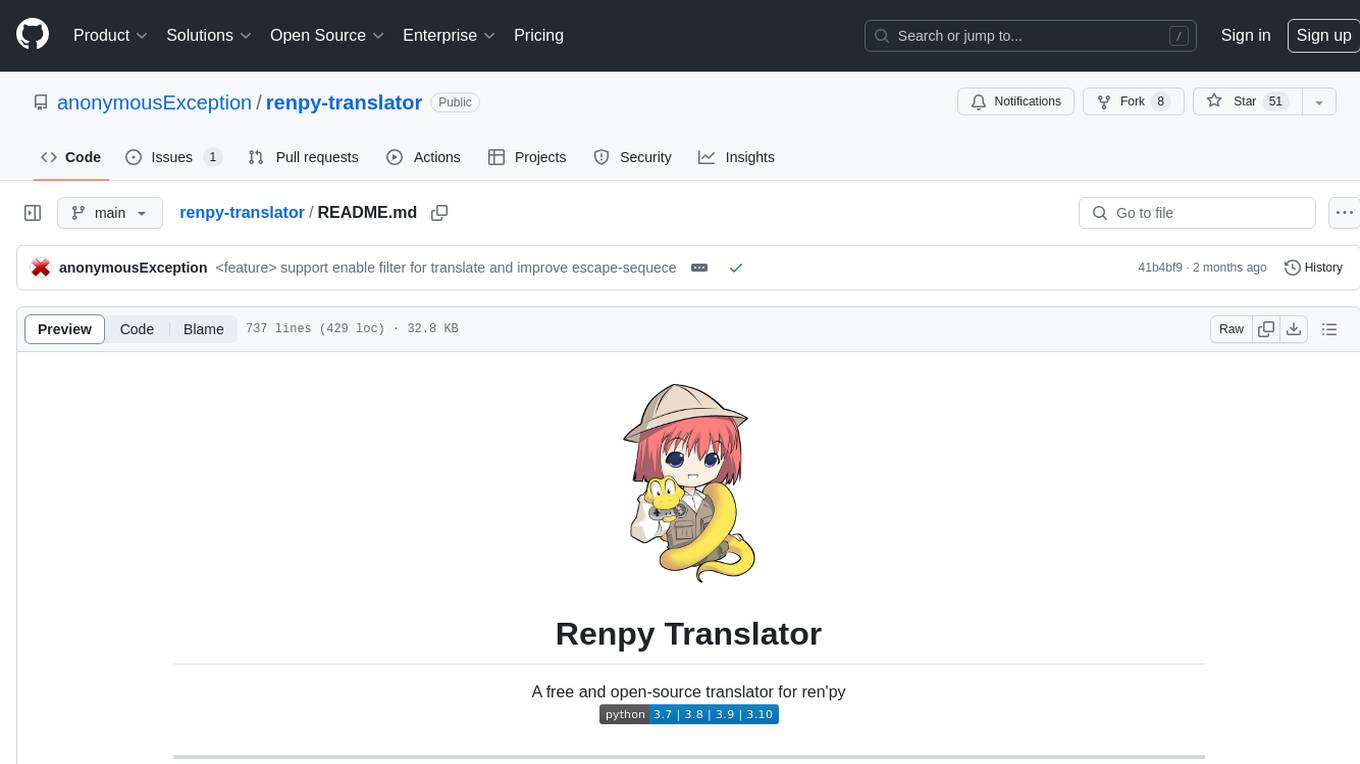
renpy-translator
Renpy Translator is a free and open-source tool designed for translating Ren'py games. It supports various translation services such as Google, Youdao, Deepl, OpenAI, and more. The tool can automatically translate game content, extract untranslated words, replace fonts, and add language preferences. It aims to assist in game translation work by providing a user-friendly interface and supporting multiple languages. The translated contents may not be accurate due to auto-translation, so users are encouraged to review and modify translations as needed.
20 - OpenAI Gpts
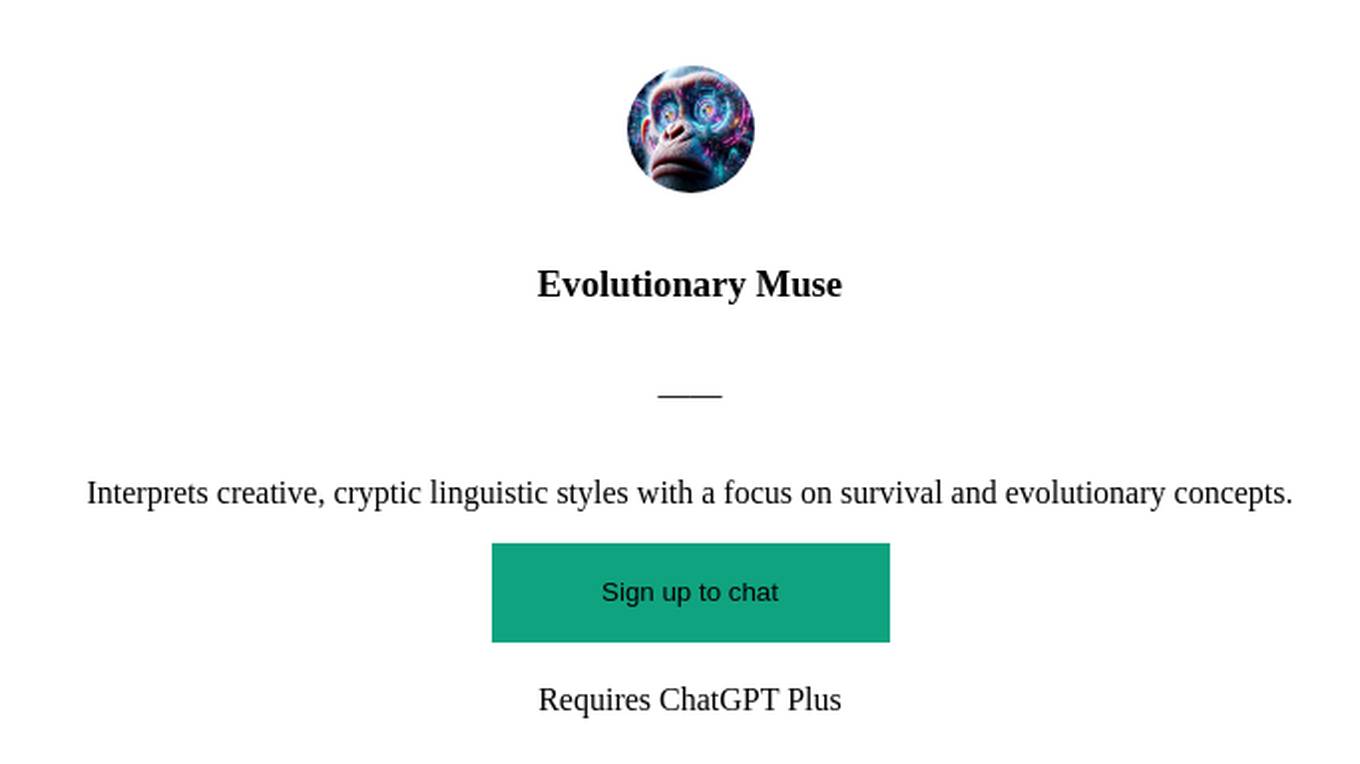
Evolutionary Muse
Interprets creative, cryptic linguistic styles with a focus on survival and evolutionary concepts.
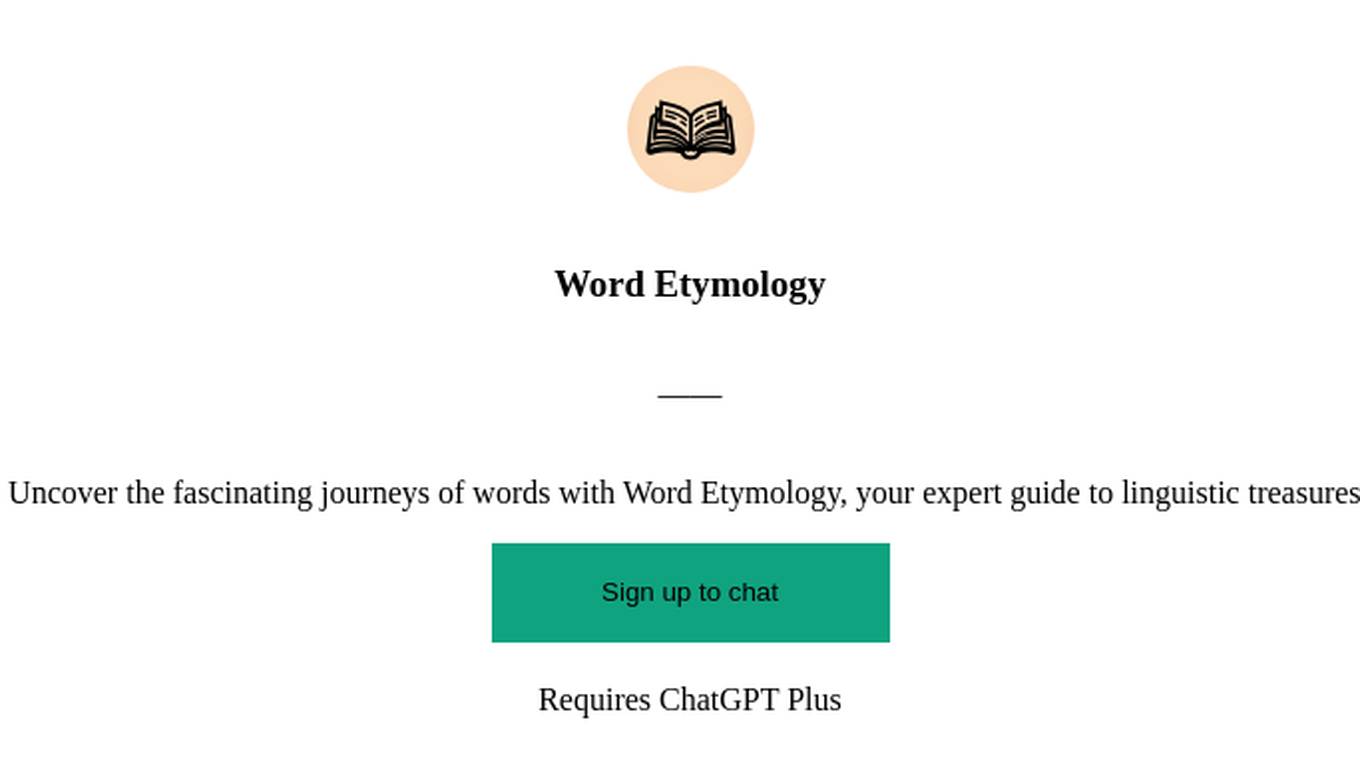
Word Etymology
Uncover the fascinating journeys of words with Word Etymology, your expert guide to linguistic treasures!
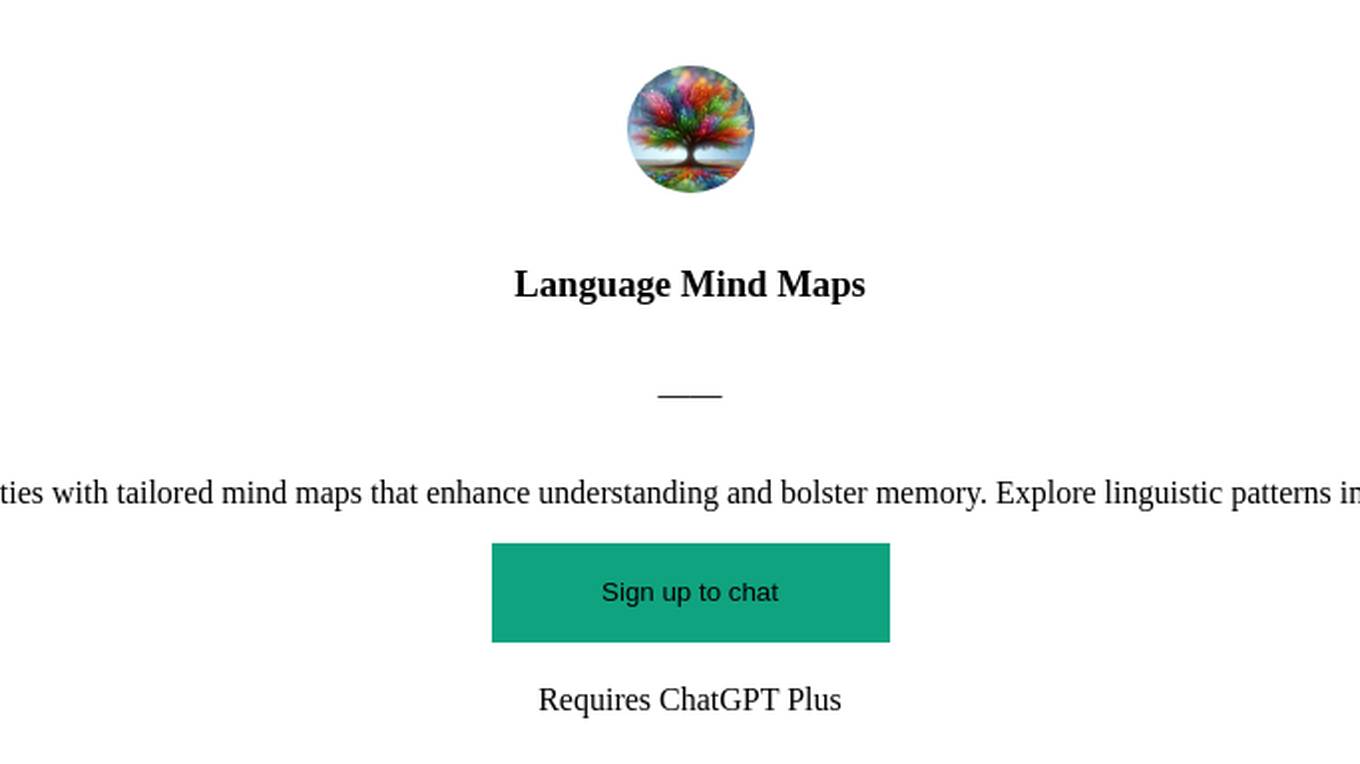
Language Mind Maps
Master language complexities with tailored mind maps that enhance understanding and bolster memory. Explore linguistic patterns in a visually engaging way. 🧠🗺️
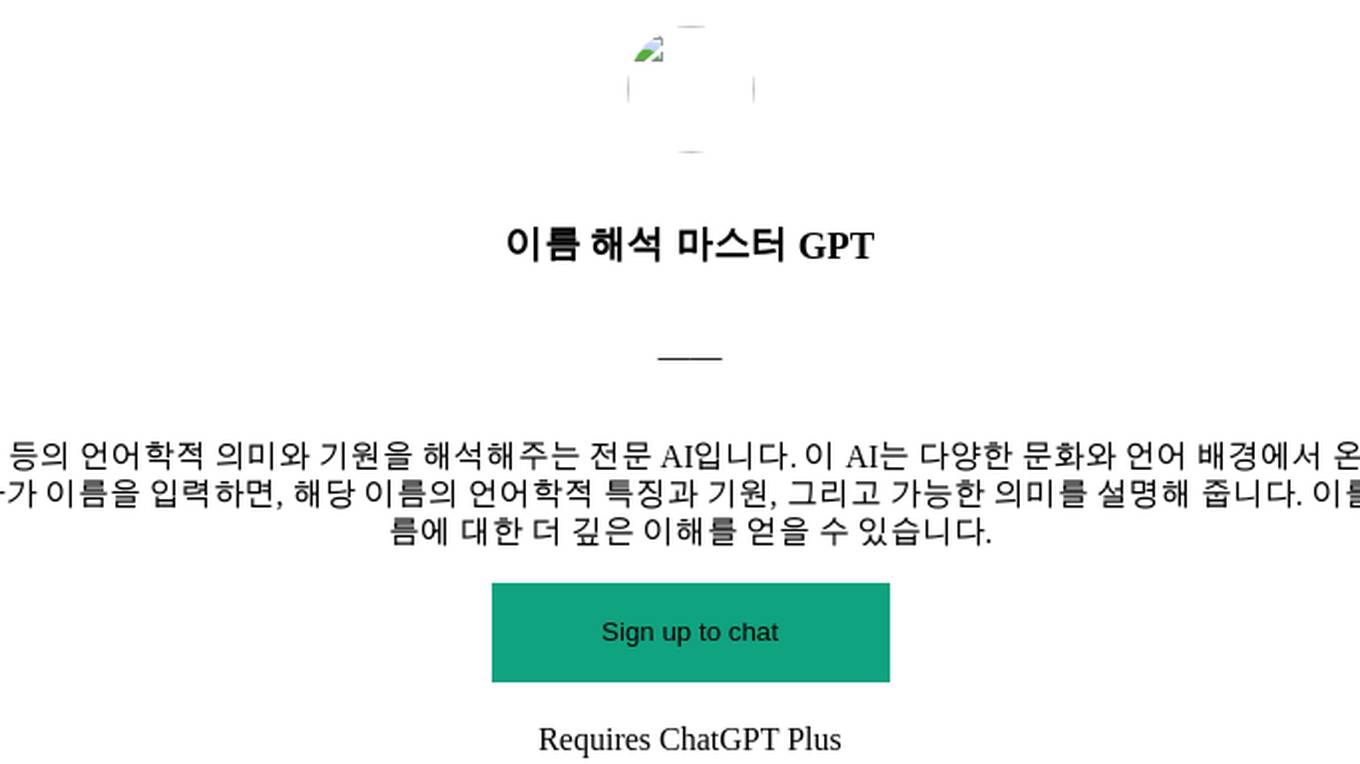
이름 해석 마스터 GPT
'이름 해석 마스터 GPT'는 개인 이름이나 지명 등의 언어학적 의미와 기원을 해석해주는 전문 AI입니다. 이 AI는 다양한 문화와 언어 배경에서 온 이름을 분석하여, 그 이름이 가진 의미, 역사적 배경, 문화적 상징성 등을 제공합니다. 사용자가 이름을 입력하면, 해당 이름의 언어학적 특징과 기원, 그리고 가능한 의미를 설명해 줍니다. 이를 통해 사용자는 자신의 이름이나 관심 있는 이름에 대한 더 깊은 이해를 얻을 수 있습니다.
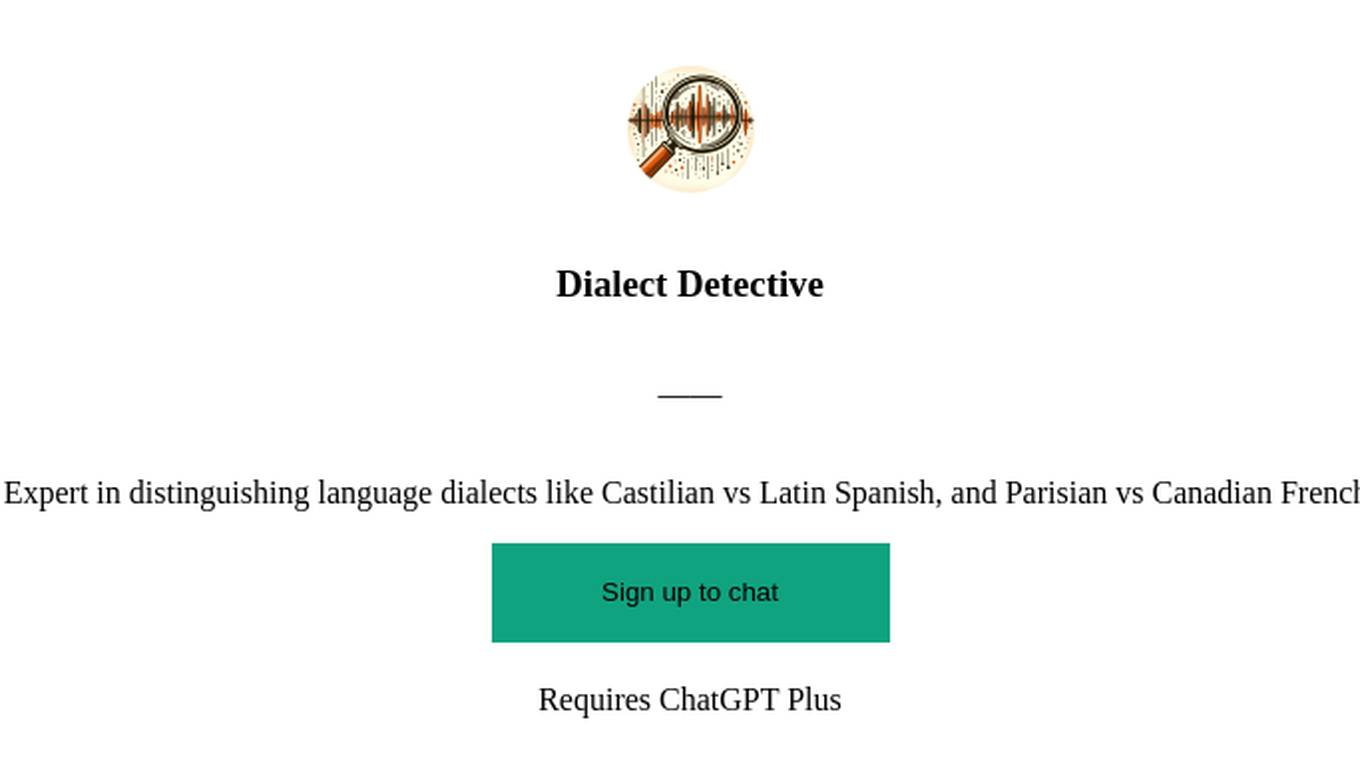
Dialect Detective
Expert in distinguishing language dialects like Castilian vs Latin Spanish, and Parisian vs Canadian French.
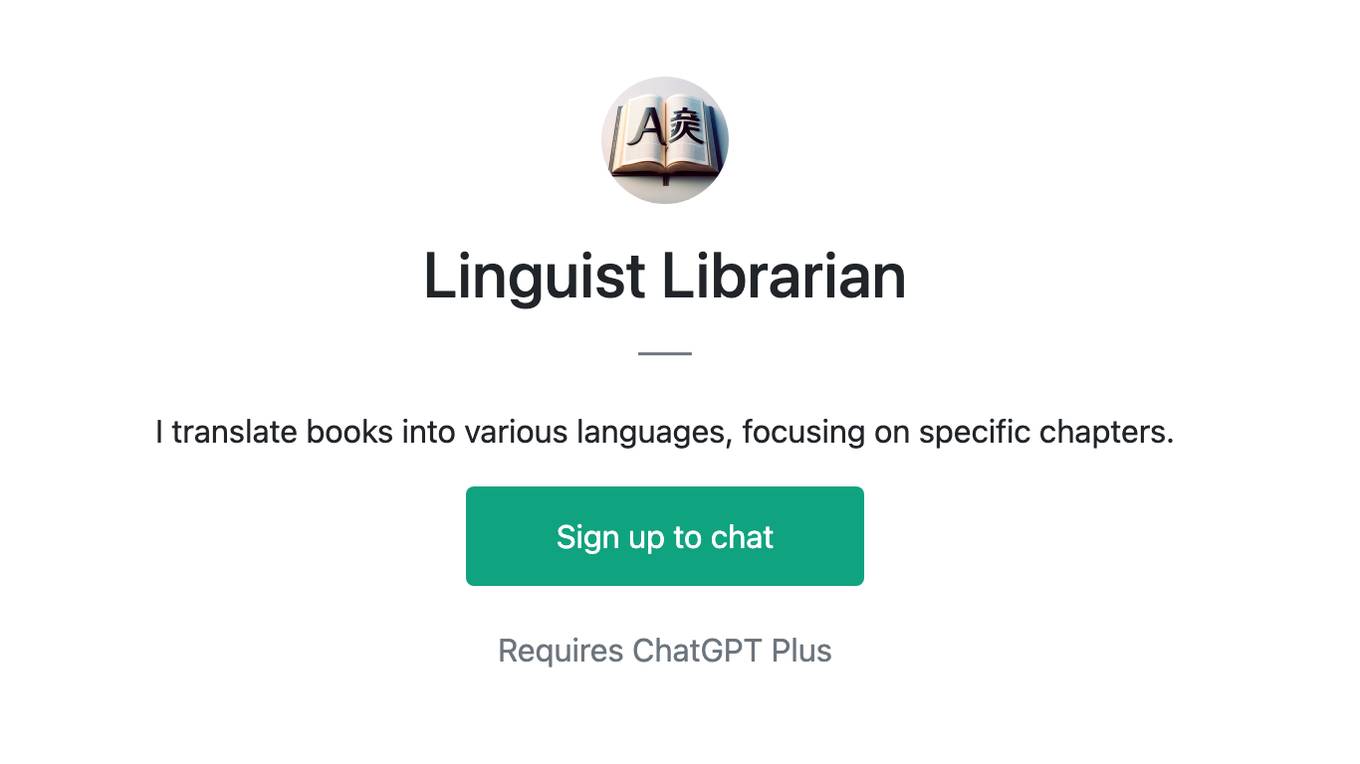
Linguist Librarian
I translate books into various languages, focusing on specific chapters.
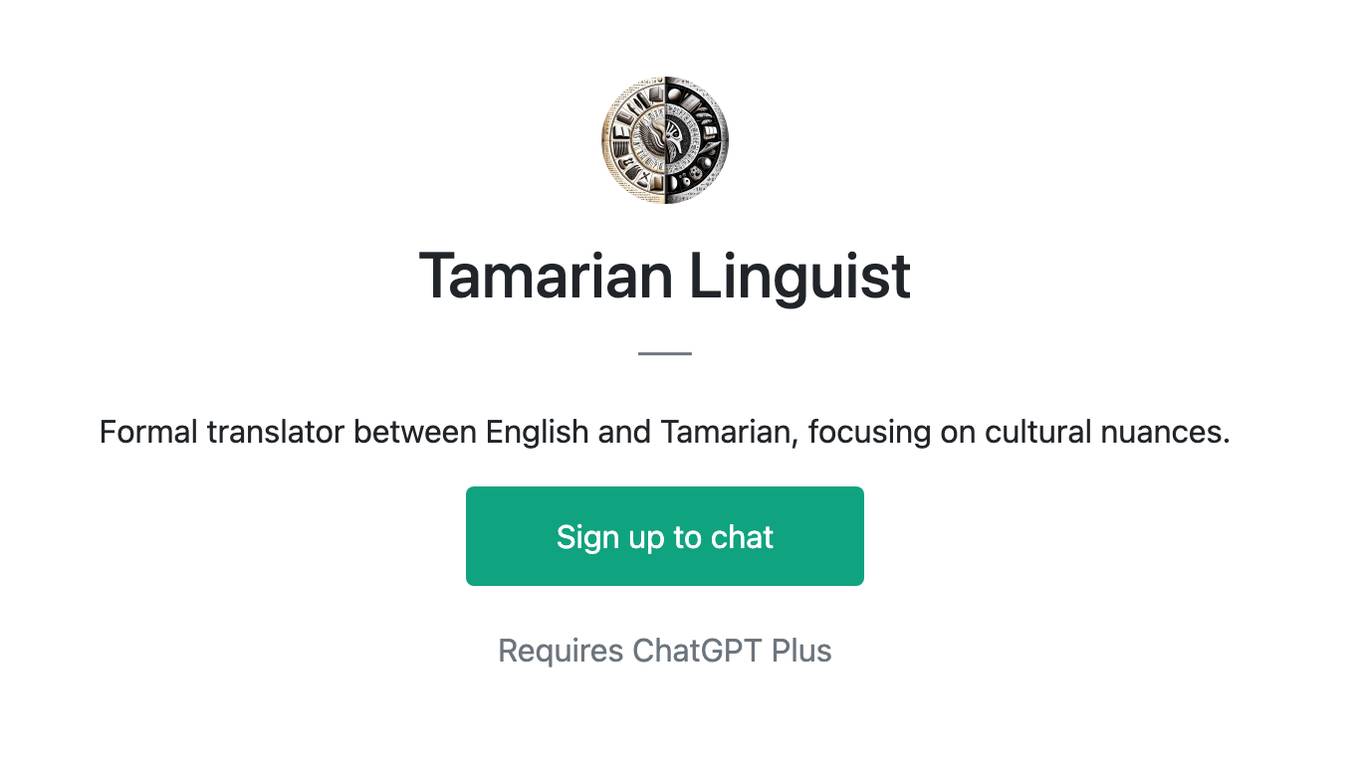
Tamarian Linguist
Formal translator between English and Tamarian, focusing on cultural nuances.
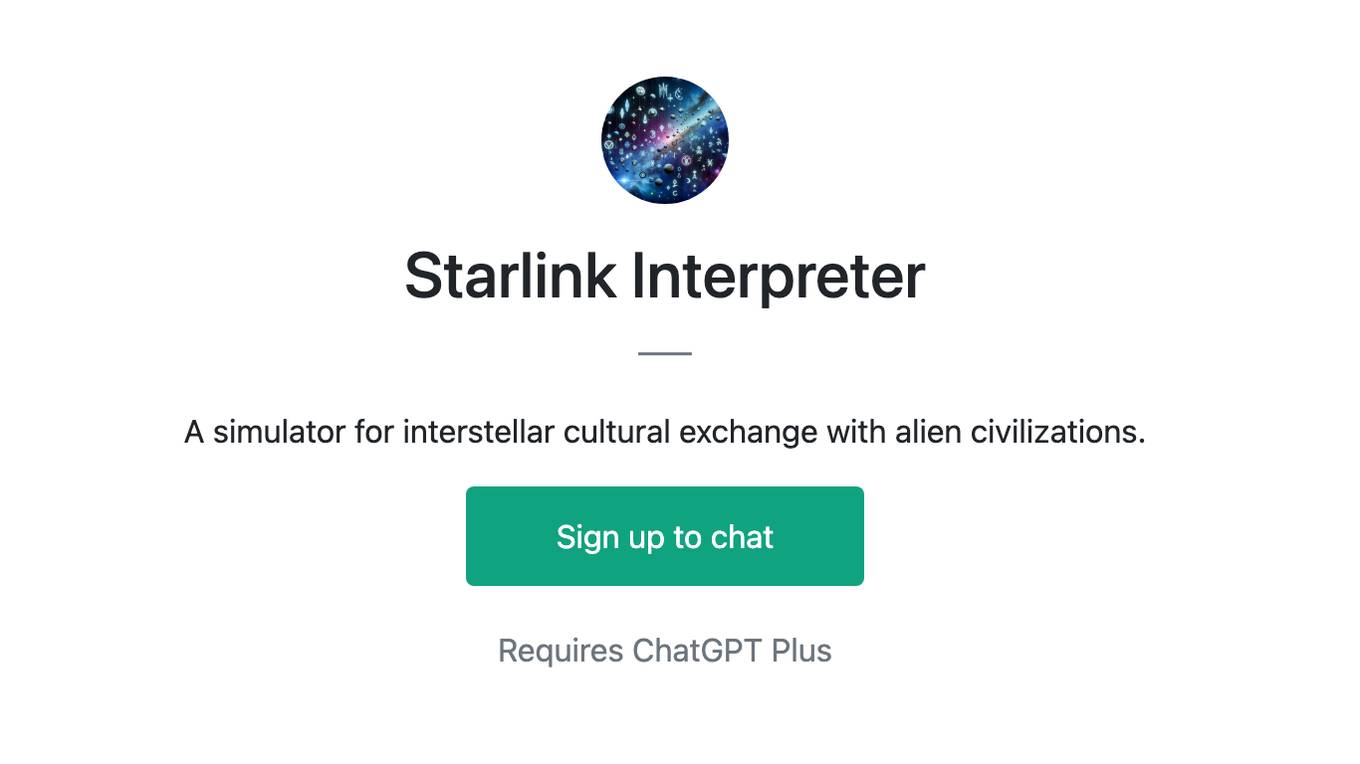
Starlink Interpreter
A simulator for interstellar cultural exchange with alien civilizations.
